Introduction
It is always recommended that in order to build a good research network, academics and professionals should attend more academic and professional conferences. Conferences are indeed an incredibly powerful tool in the hands of graduates, postgraduates as well as established researchers to interact face-to-face with other academics, share ideas, and network, at best, with an individual who may be friends for a lifetime.
Welcome to the second edition of the ‘How to build a Research Network?’ series, where today, we talk about Conferences.
Networking and conferences: the reasons why.
It is not only an opportunity to share the findings of your research you also can visit different sessions, meet key researchers and get acquainted with the latest trends in the topic of discussion. But the real worth is the acquaintances you get, be it other researchers, potential partners or collaborators and mentors. Through meaningful conversations, you can:
•Share ideas: Share projects and receive commentary from classmates and specialists.
•Learn from others: Get current with the research findings and approaches to practices.
•Identify collaborators: One of the best places to meet your potential research partners with whom you share skills and interests is at the conferences.
•Find mentors: Get advice from senior scholars on your work, on how to publishing your work and plan your career.
•Enhance your visibility: Networking means meeting other people in profession, other writers, persons or companies that may offer one a job, a place to publish or an invite to the next conference.
1. Preparation is Key
As Conferences are almost always valuable to attend, one should always set strategies on how they will go about them. Here are some ways to maximize your networking potential:
a. Investigate Conference and Participants
Look through the conference program and find those topics or speakers which may be of interest to you. If you can find the list of attendees, make your finalized list or note people or organizations you wish to meet. By creating categories to which discussions are registered, this will assist you in directing your energy and afford you background that you may require for more specific discussions.
b. Set Networking Goals
Consider what goals are to be met at the conference. Are you looking for users with whom you would like to work? Do you want comments on an idea, which you would like to conduct research on? The goal setting will assist you in keeping on track and also guarantee you optimize for the available time.
c. Prepare Your Pitch
Being prepared to explain your work in a thirty-second TV spot is also a useful strategy. Keep a clear idea of what you are going to say, in one minute to grab the interest of the person – also known as the ‘elevator pitch’. Tailor your pitch to different audiences: one must always consider the particularism of the contexts and use appropriate language as you are negotiating for a partnership or requesting for assistance from a fellow individual or asking for help from a superior.
2. Active Participation
Wake up, go to the conference, and embrace every chance of interacting with as many people as possible. Here’s how:
a. Attend a Variety of Sessions
Of course, it could be really helpful to focus strictly on the subject area you investigate; however, try to join different sessions. You will open your vision to get a larger set of individuals who can assist in reconsidering the approach to work. It will also mean that one is likely to bump into the other in many other situations that are not strictly work related and that are more relaxed to discuss things.
b. Participate in Questions and Answers and Group discussions
Do not be a mere listener—make sure to participate in questions and answers and other discussions. Being able to ask impulses, good questions is going to make you different and you are going to be able to show your interest towards that field. Sharing interests where you would like to find, or suggesting topics where you assumed your work might overlap can help build relations.
C. Communication within Formal AND Informal breakpoints.
Some of the richest relationships at conferences are formed during coffee, lunch, or cocktail hour or during organized parties. These environments bear relaxed settings through which people can comfortably start interactions. Go up and say hi to new people, even if you’re uncomfortable, most people are friendly and like to talk about hobbies.
d. Exchange Contact Information
Travel with business cards (or 21 st century equivalents, such as QR codes to your LinkedIn profile). When planning to accomplish a number of agendas during a conference, always remember to follow up with the people you meet while the moment is still warm. The last thing you could write an email of 3-5 lines thanking for the conversation and recommending some of the possible ways for cooperation or leave some hints on staking the conversation.
3. After the conference the first step that should be taken is asking participants to complete a short survey about the conference.
This is not the end of the work that needs to be done when the conference is over. Follow-up meeting is an important aspect of converting the initial meetings into more sustainable business relationships. Here’s what to do:
a. Send Thank You Notes
It is useful to send follow-up e-mails in chronological order and do that within a few days after the conference, you want to thank the people you’ve met. You may want to mention of a specific part of your conversation so as to make the message very sticking to their mind. One can never underestimate the value of showing appreciation, and a short and sweet ‘Thank You note sets the tone of the relationship right.
b. Connect on LinkedIn or Any Other Social Network
Get in touch with new contacts using LinkedIn profile, ResearchGate or any academic connection site. No more than 2 sentences to briefly jog someone’s memory and then state your reasons for wanting to stay in contact with them. Another way to let others remember you is to maintain your profile and have a list of recent studies in it.
c. Turn in the Chat
Of course, to warm up the relations with newly established contacts keep in touch occasionally. Using email newsletters, send them papers, articles, or updates on your research that might be helpful to them. It is equally okay to recommend having a subsequent conversation or working together later, because most academic ties progress with further interaction.
d. View Other Conferences or Events
Networking is not a one-shot activity that one does at conference and then relax and therefore should make effort to remain active in circuits of conferences. You will be able to attend more than one event within the same line of practice so as to enhance the level of awareness of your research work and create even larger network.
4. Leveraging Your Network
After that, it is meaningful to outline, how you can use those contacts in further – it is time to network. Here’s how:
a. Joint Research Ventures
Try to find researchers with similar research interests and propose them for the possibility of writing papers or conducting researching in teams. Conferences are important occasions in many ways, one of which is that many conference ideas may give birth to other related cooperative research work, culminating in great articles.
b. Request Feedback
Encourage your newly acquired network to view your work. Telling your work and seeking comment is a very effective method for strengthening the collaboration with peers and experts. It may provide you with better definitions of your concepts, a clearer understanding of your approach or even lead you to an entirely different line of enquiry.
c. Meet New Folks on Broader Networks
At times, the new contacts you have may include people who may introduce to you other people they know. Feel free to inquire if they know other Team members or Partners that may be interested in your study areas.
d. Stay Updated on Opportunities
Your network will help you know when a call for papers, funding or any other event related to your research is available. It will keep you updated with what is happening to your contacts and it will also open you up for better opportunities in your career.
5. Some difficulties and how to overcome them when Moving to an Electronic Health Record System
Attending conferences to network can be
a stressful experience for anyone, especially introverts or person who are new
to the academic system.
The few tips that help the common challenges:
•Overcome conference fatigue: I know everyone gets overwhelmed at some point during conferences. If possible, can take a session off and don’t feel that you must partake in all sessions offered. DON’T network with large groups of people; work with a small number and establish long-lasting relationships.
•Start with small groups: If large networking events is a problem, then begin by attempting to talk to one or two people in groups of few people. That is why it is usually easier to develop something like a serious conversation in a more close-knit circle.
•Use social media: To follow what is being discussed and possibly put forward or tweeted, participate in the conference by using the hashtag on LinkedIn or Twitter.
Conclusion
Conferences are special events when you meet people with similar interests, learn a lot, and form long-term professional contacts. The result is that overall strong personal network in the research field is built up with obvious personal and research advantages; Because of careful preparation, proactive participation, efficient follow-up and proper utilization of the connections gained, the candidate has everything ready for the further successful development of his/her career and research activities. Whatever your interest in collaboration, seeking advice on a possible research proposal or funding resource, or simply seeking the interaction of other professionals, conferences are the perfect context in which to develop one’s academic and professional person.
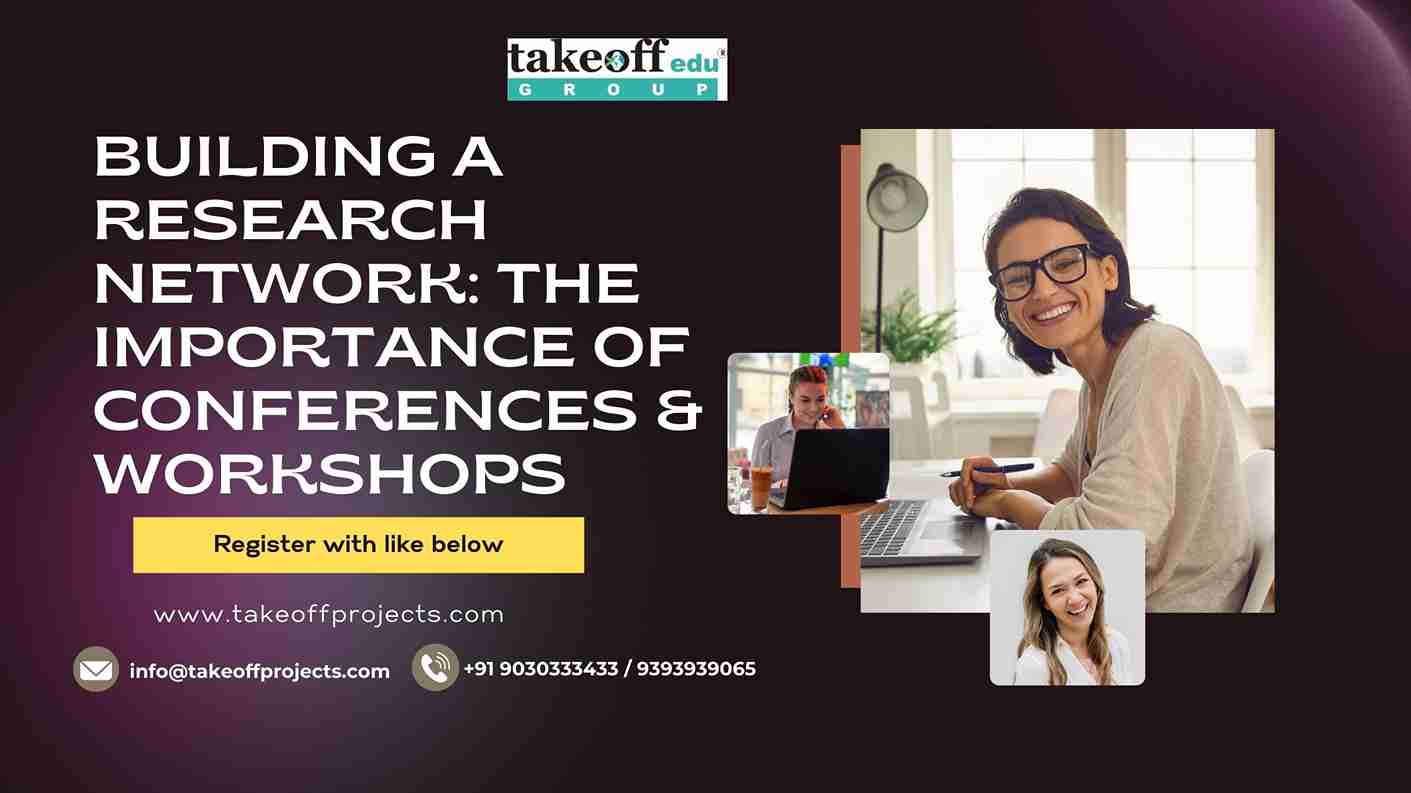
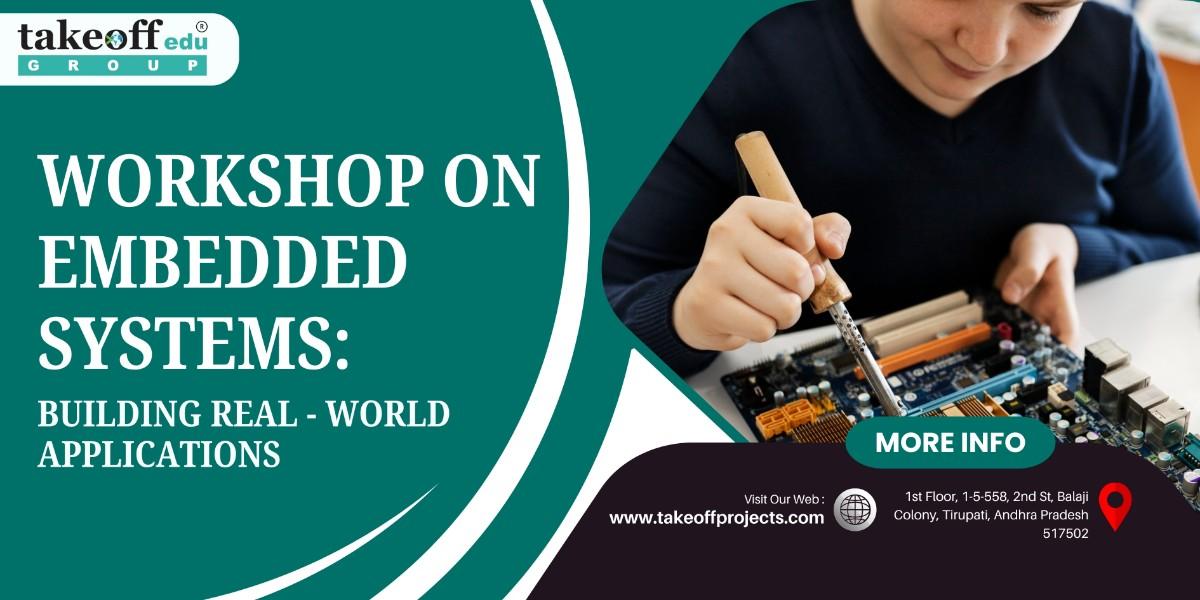 Workshop on Embedded Systems: Building Real-World Applications
Workshop on Embedded Systems: Building Real-World Applications 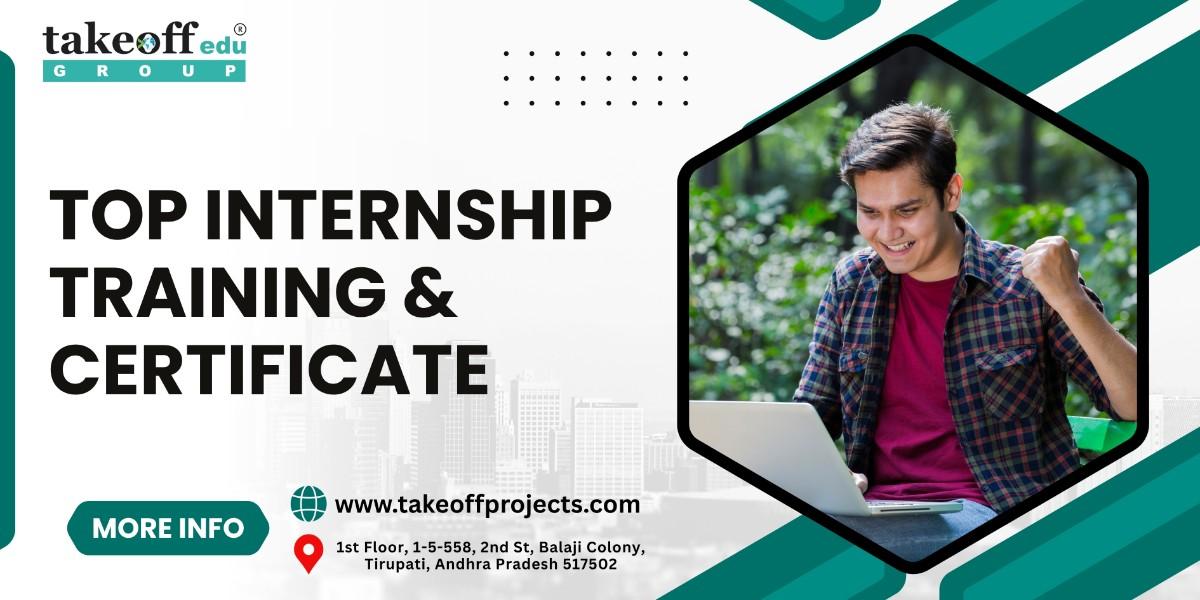 Top Internship Training & Certificate
Top Internship Training & Certificate 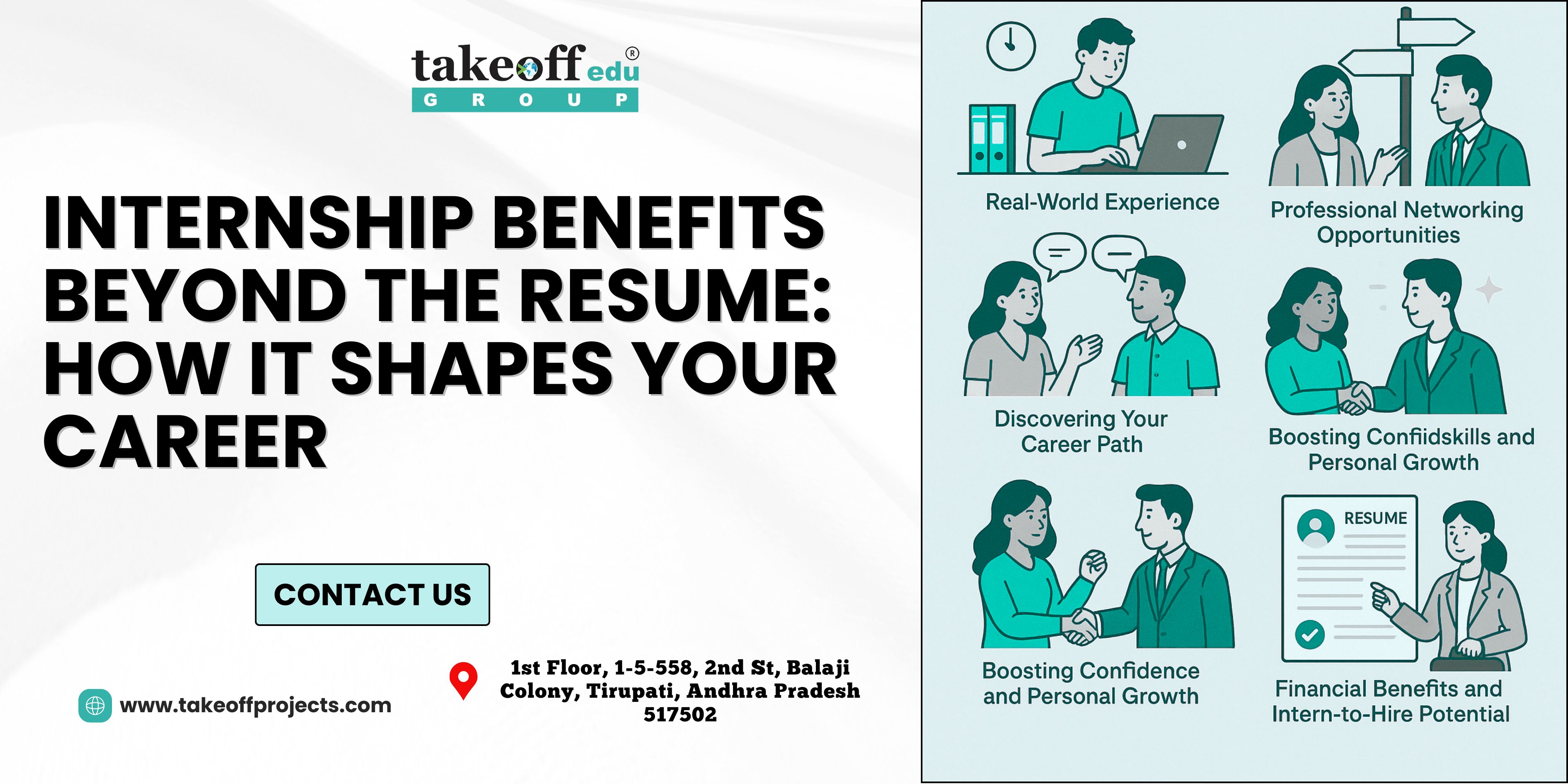 Internship Benefits Beyond the Resume: How It Shapes Your Career
Internship Benefits Beyond the Resume: How It Shapes Your Career 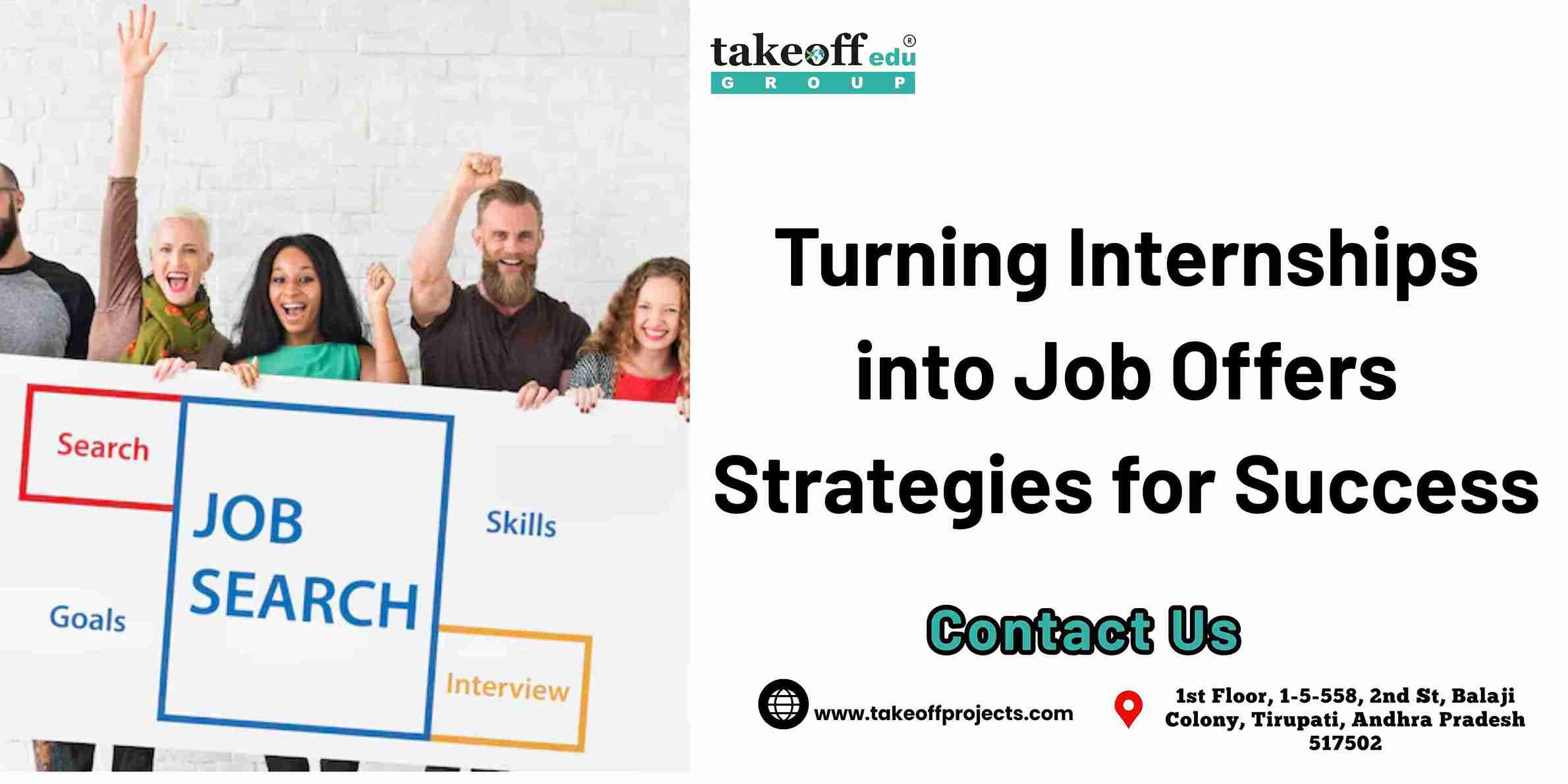 Turing Internship into Job Offers: Strategies for Success
Turing Internship into Job Offers: Strategies for Success 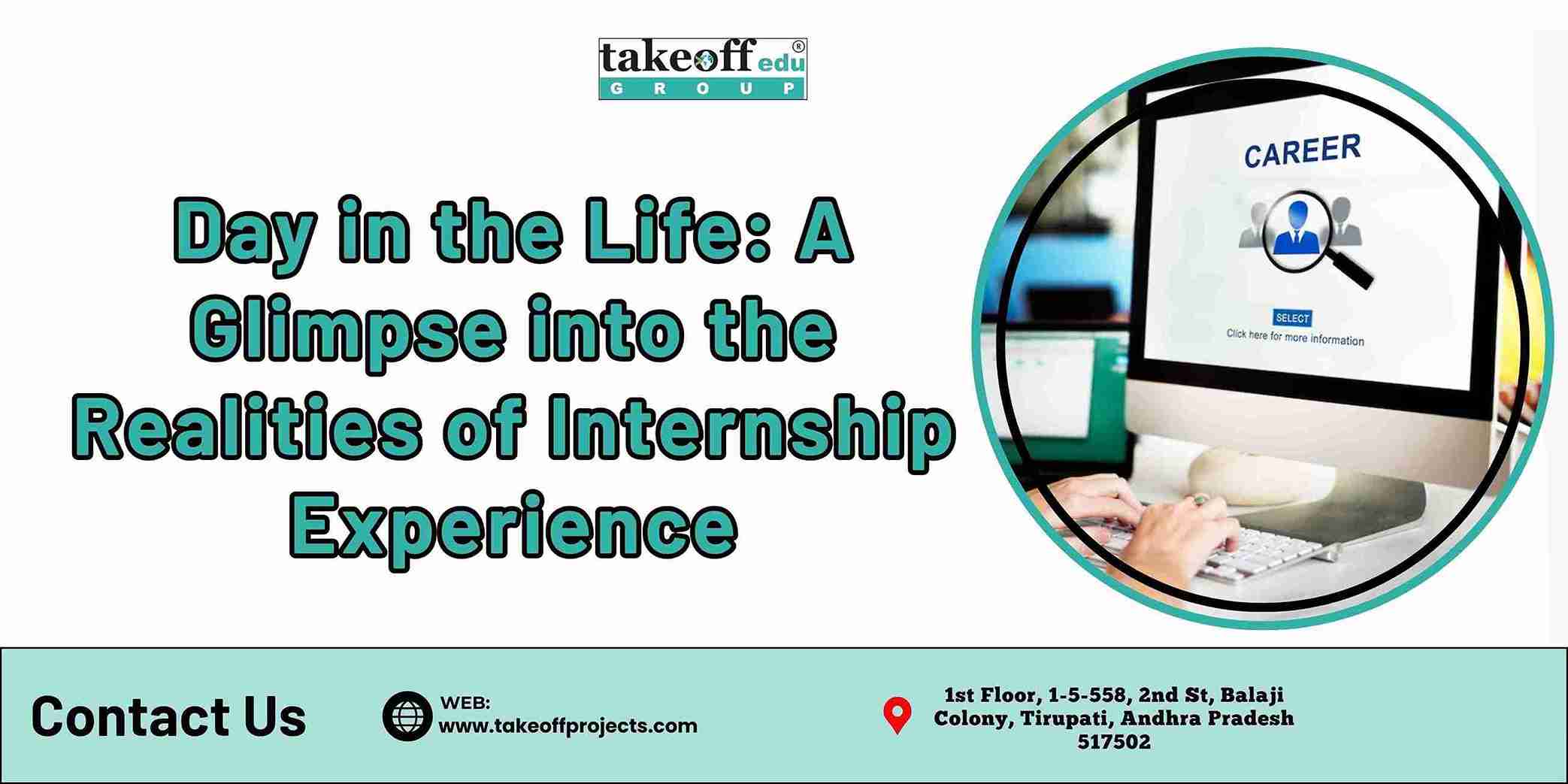 Day in the Life: A Glimpse into the Realities of Internship Experience
Day in the Life: A Glimpse into the Realities of Internship Experience 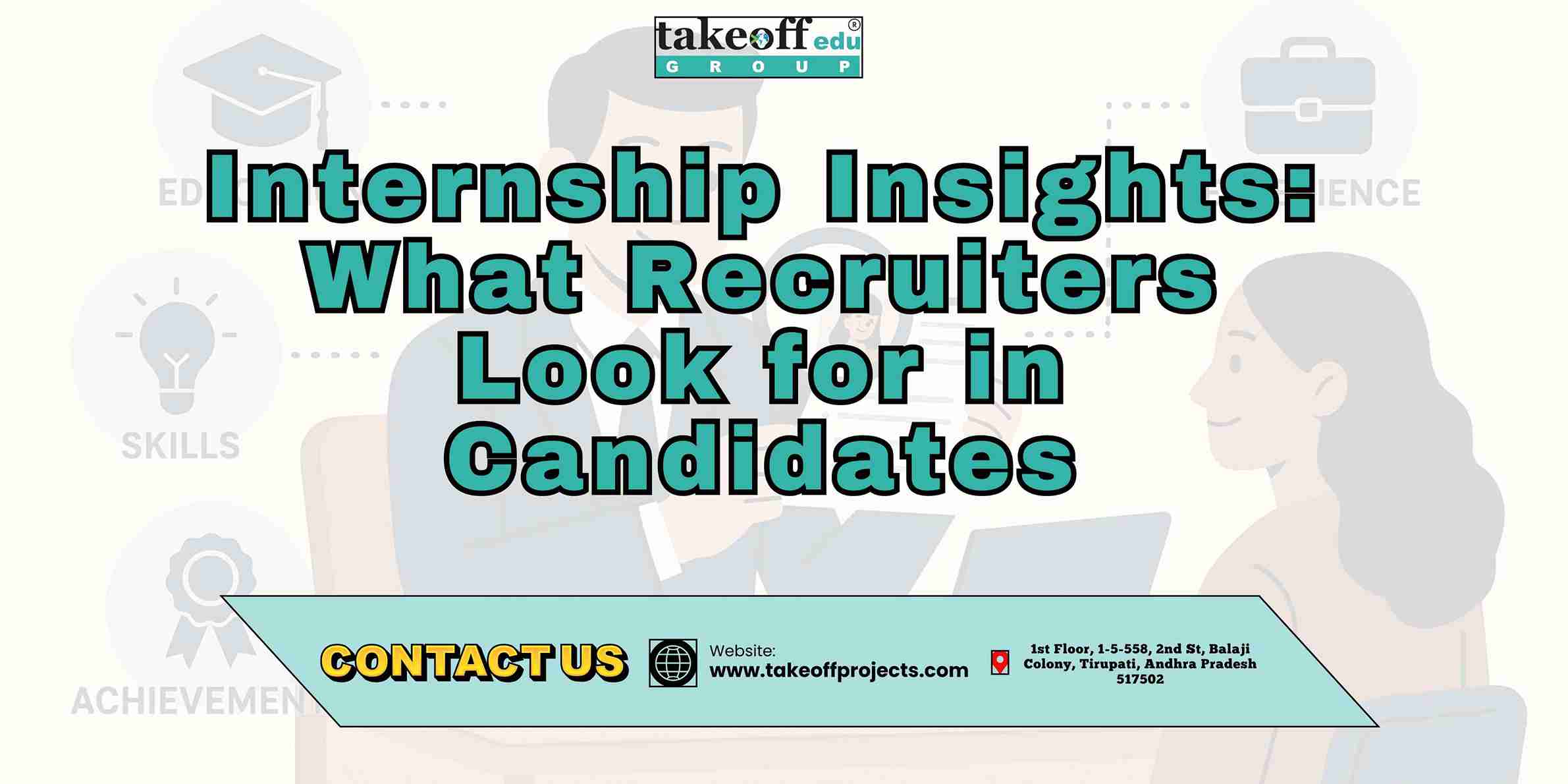 Internship Insights: What Recruiters Look for in Candidates
Internship Insights: What Recruiters Look for in Candidates 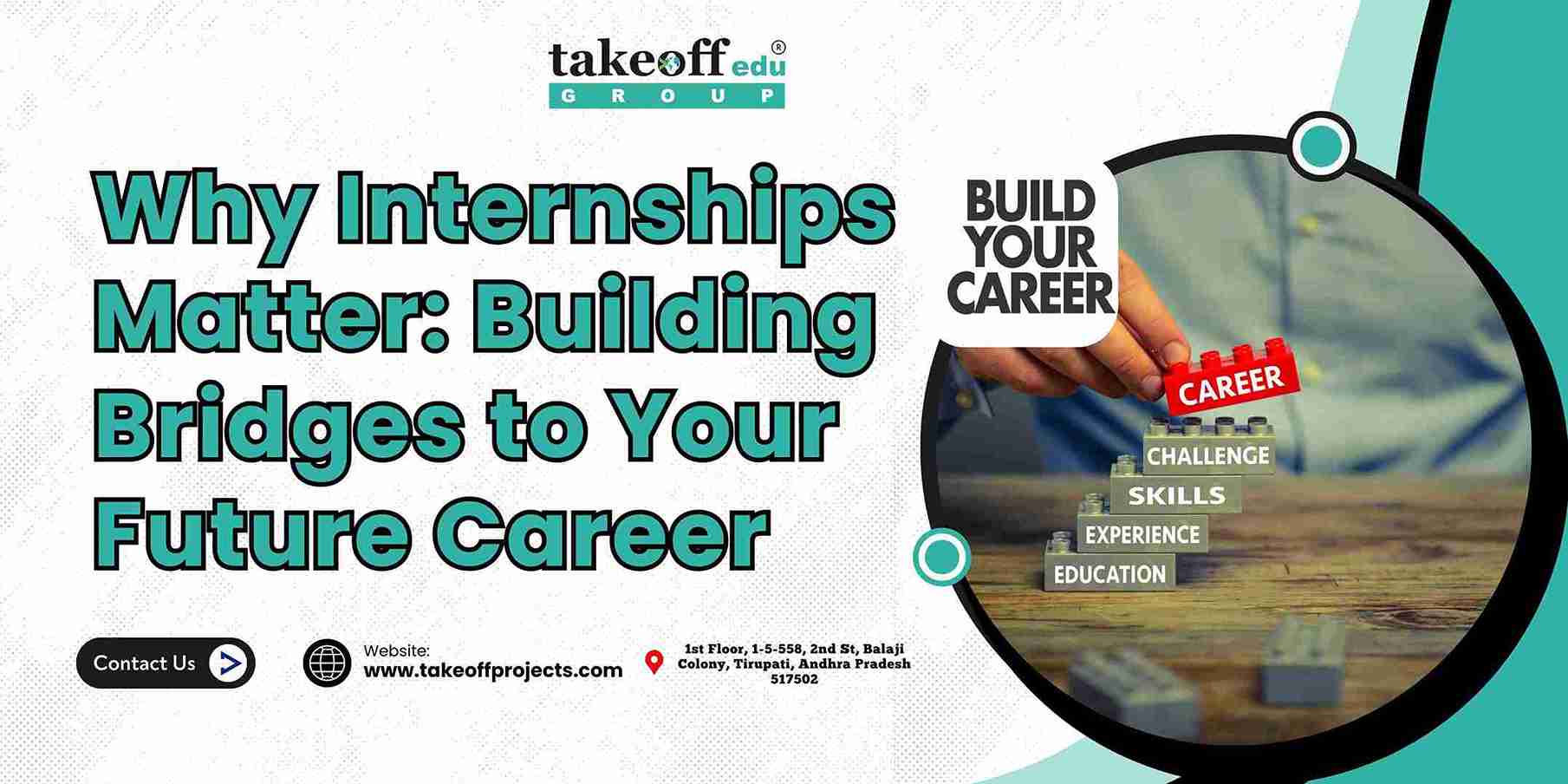 Why Internships Matter: Building Bridges to Your Future Career
Why Internships Matter: Building Bridges to Your Future Career 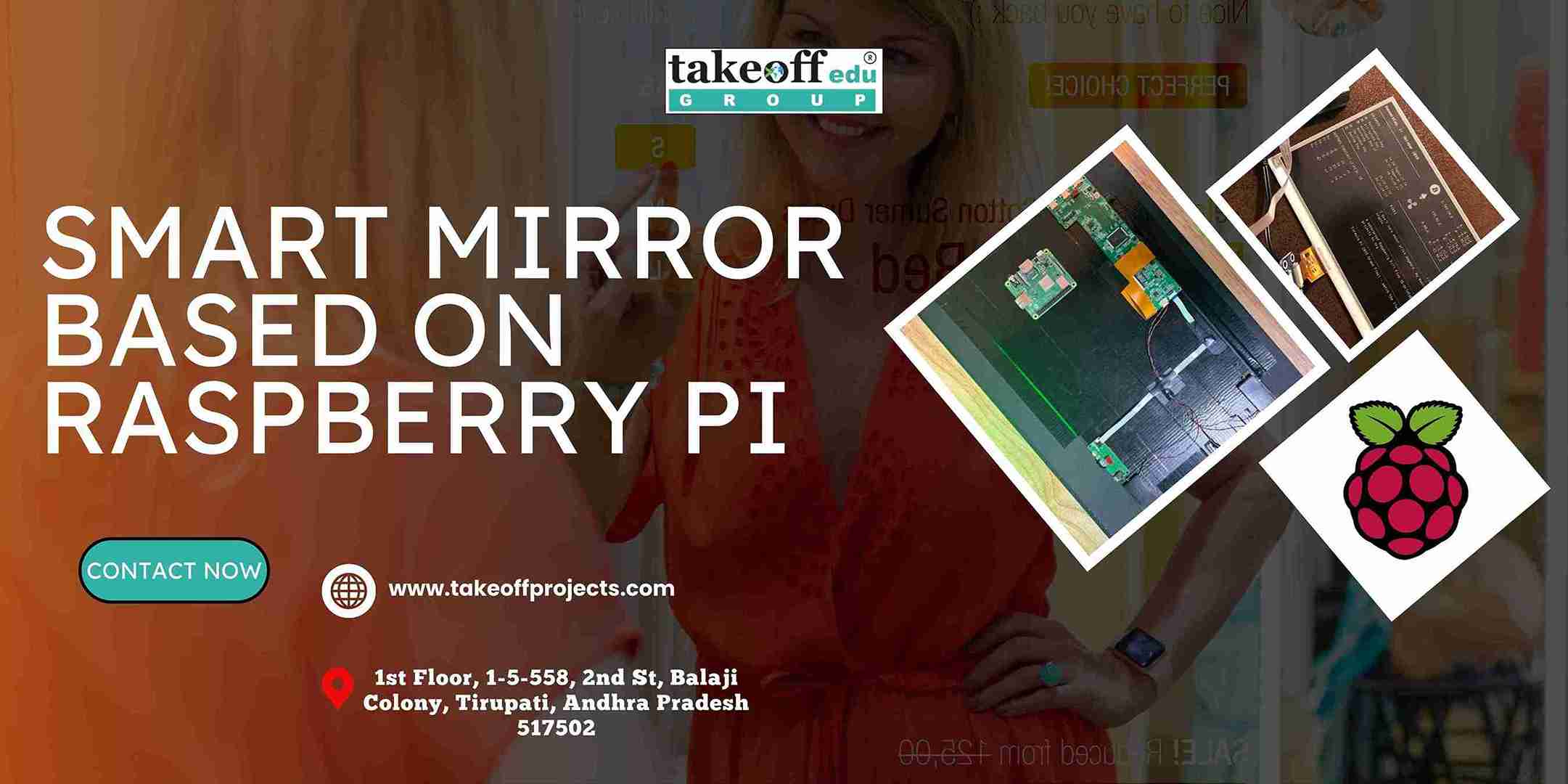 Smart Mirror Based on Raspberry Pi
Smart Mirror Based on Raspberry Pi 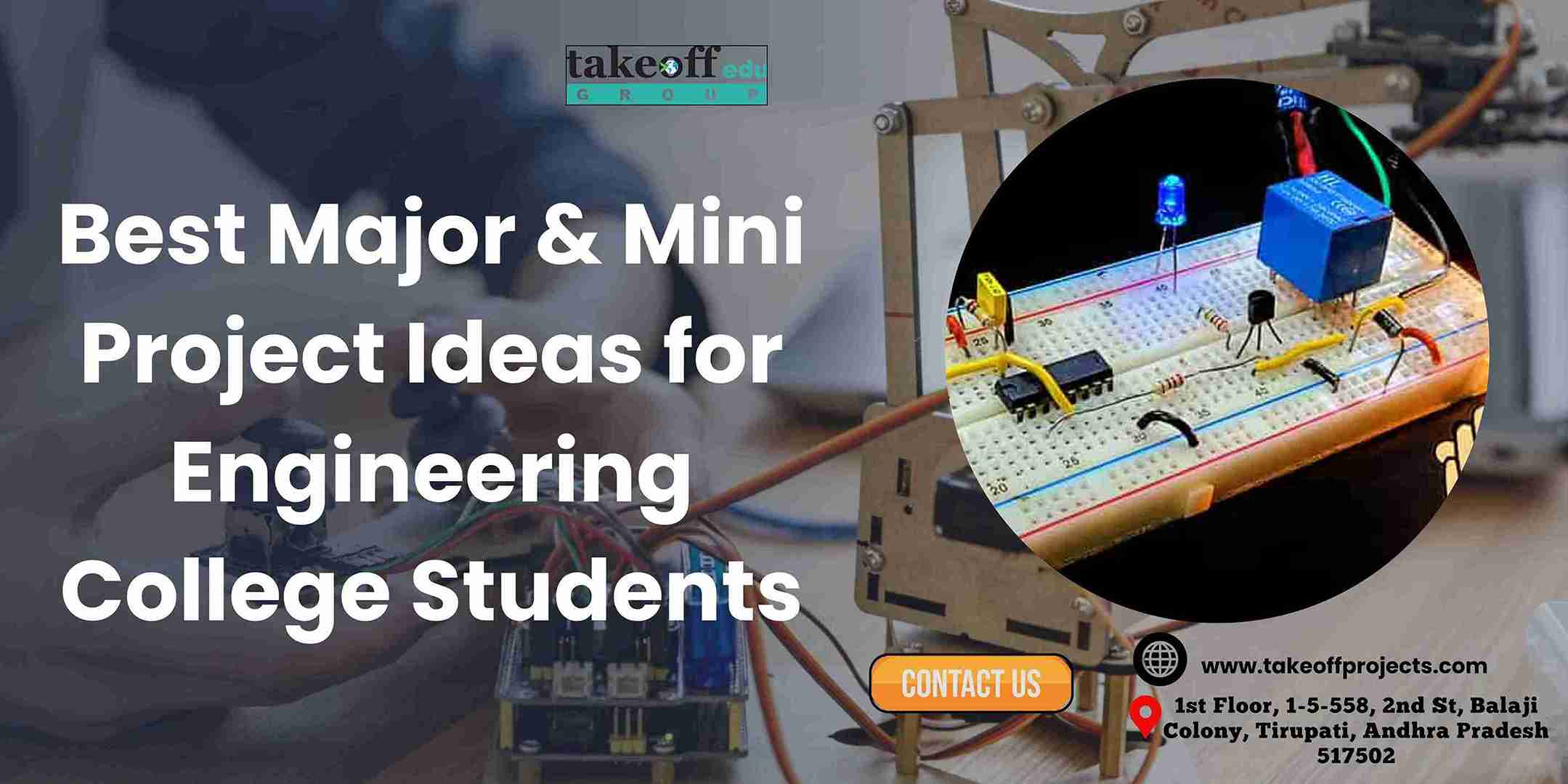 Best Major & Mini Project Ideas for Engineering College Students
Best Major & Mini Project Ideas for Engineering College Students 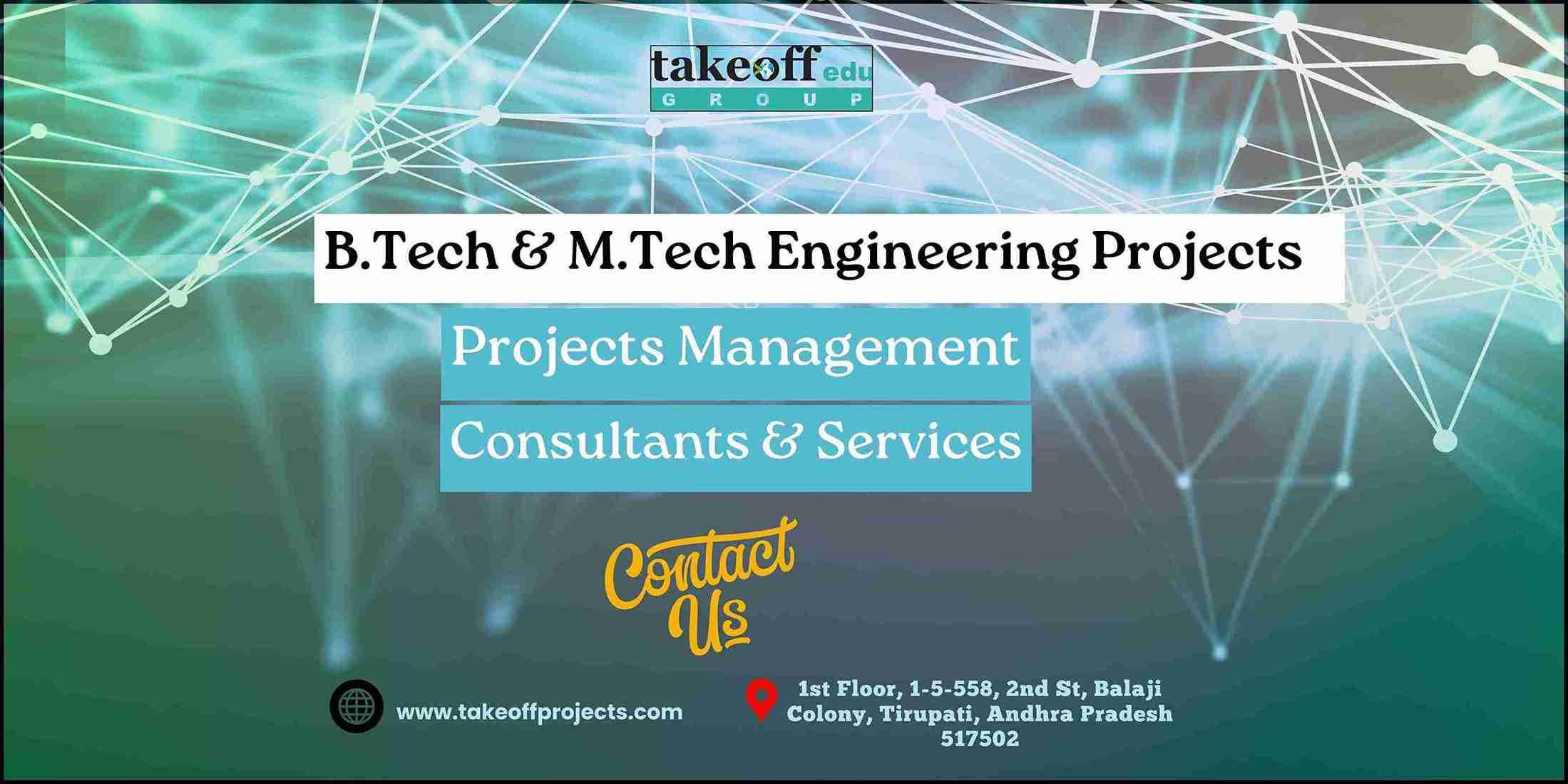 Top B.Tech/M.Tech Engineering Projects Consultants & Services
Top B.Tech/M.Tech Engineering Projects Consultants & Services 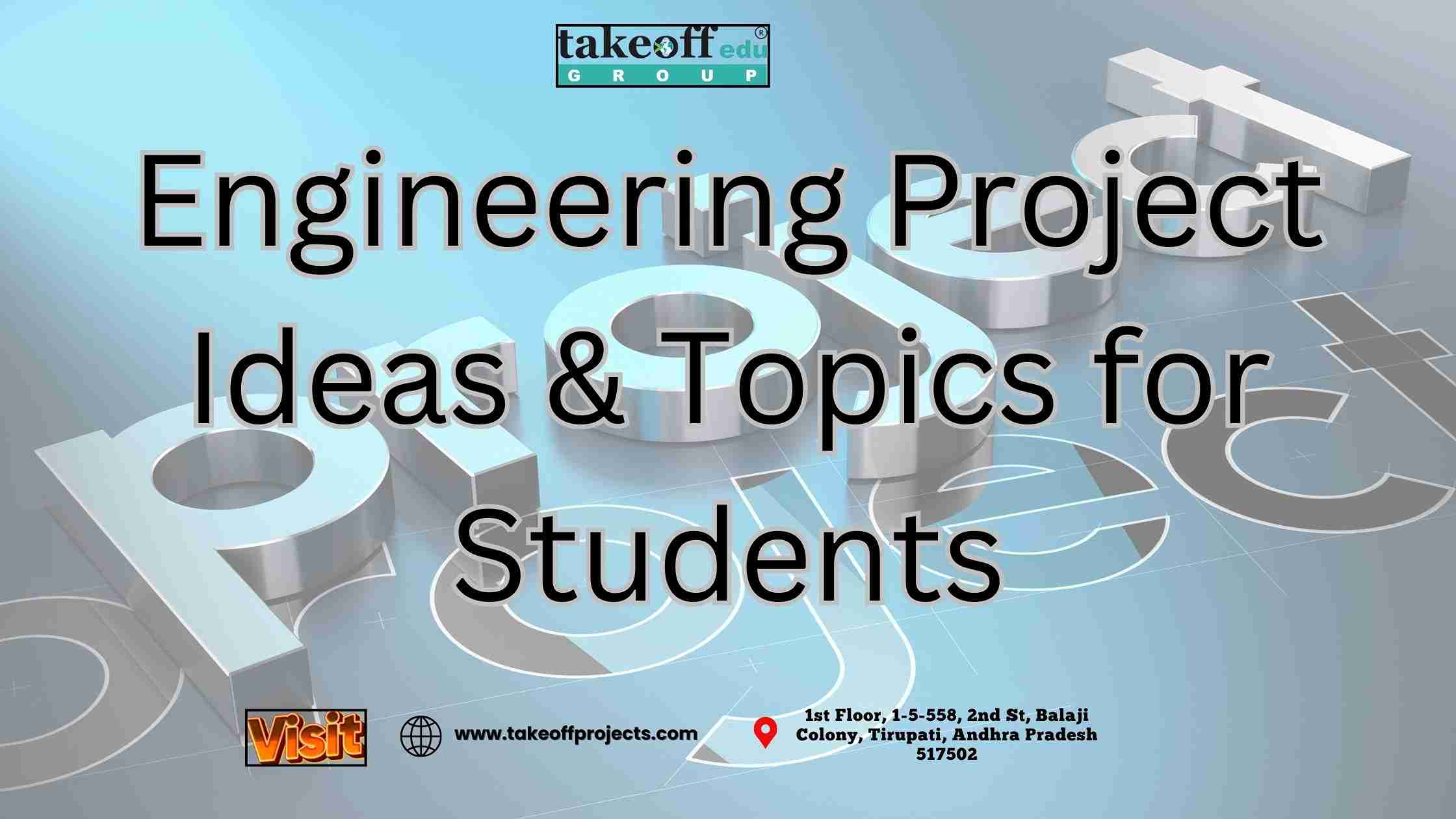 Engineering Project Ideas & Topics for Students
Engineering Project Ideas & Topics for Students 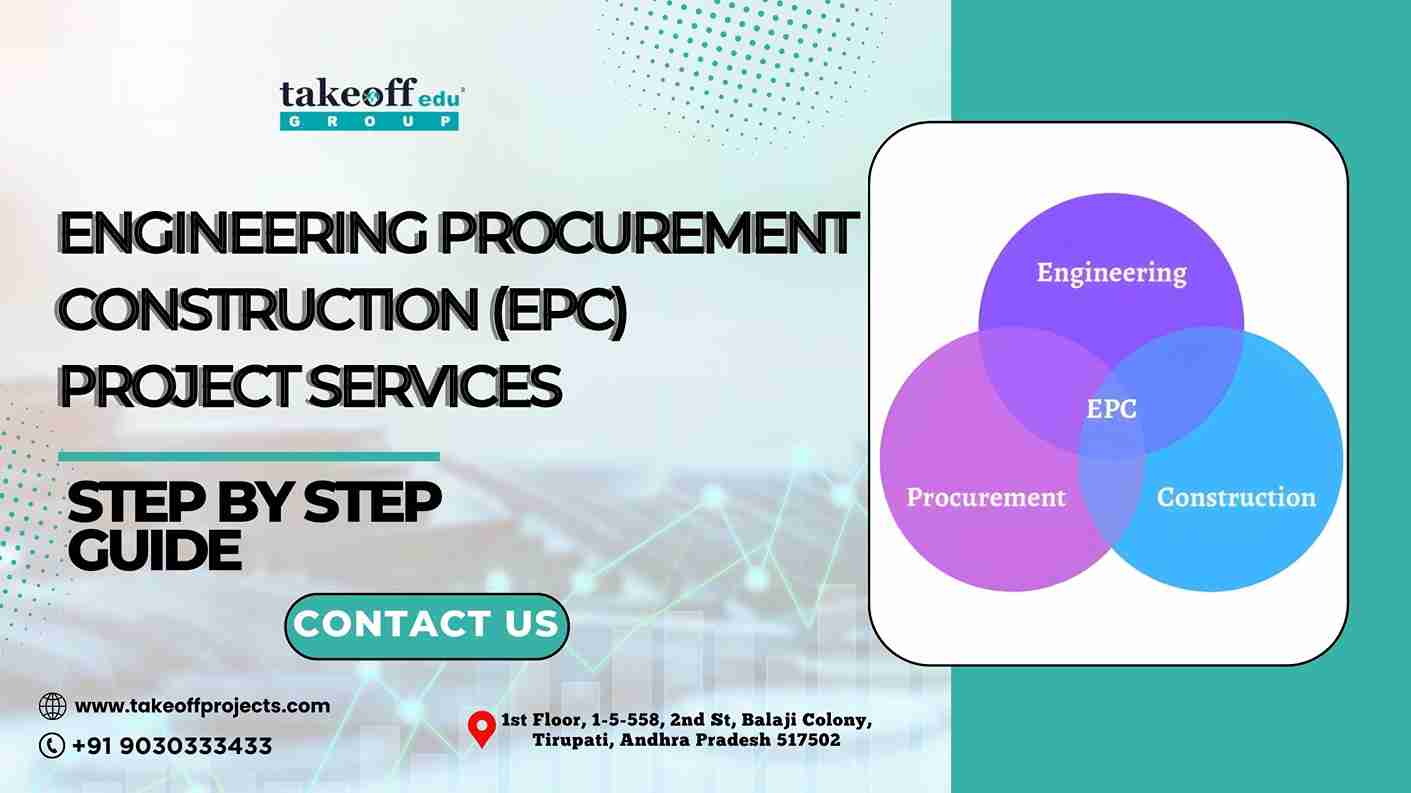 Engineering Procurement Construction (EPC) Project Services: Step By Step Guide
Engineering Procurement Construction (EPC) Project Services: Step By Step Guide 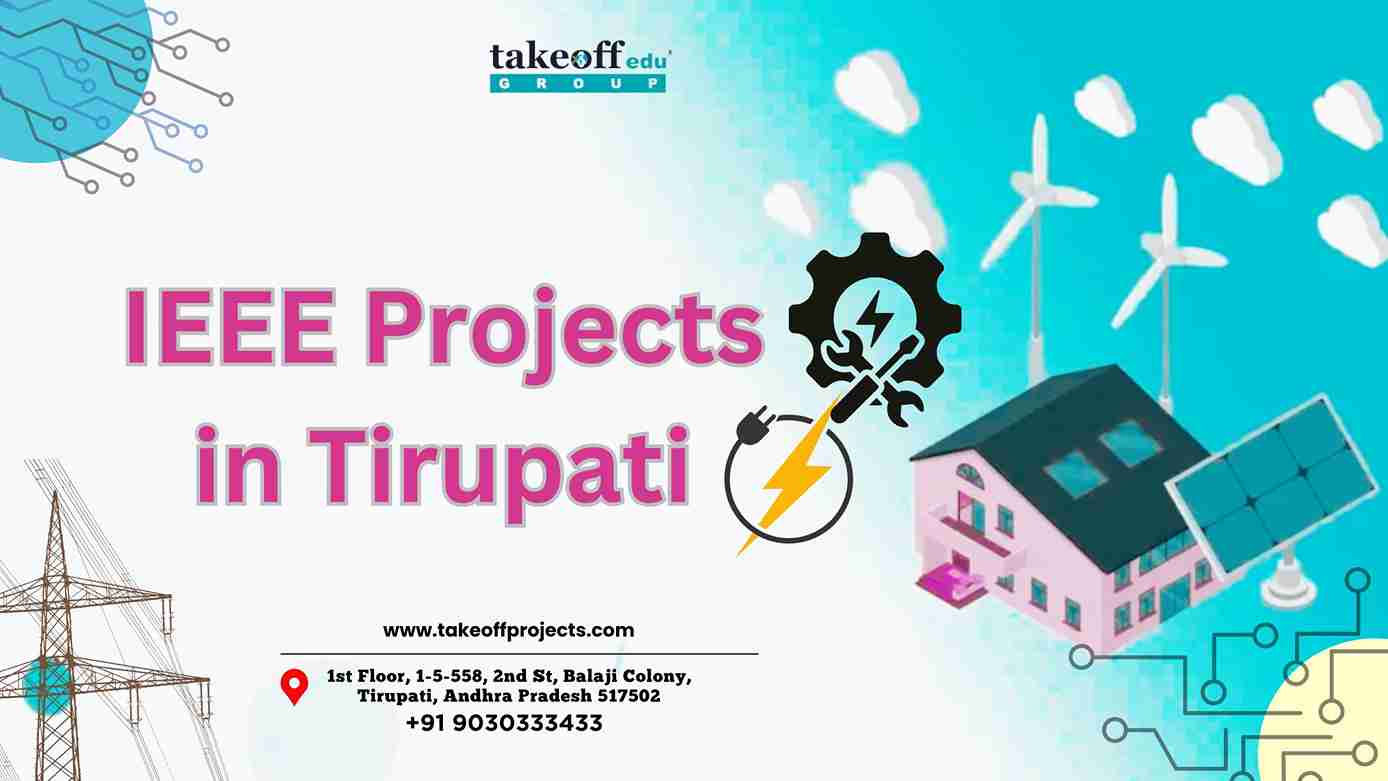 IEEE Projects in Tirupati
IEEE Projects in Tirupati 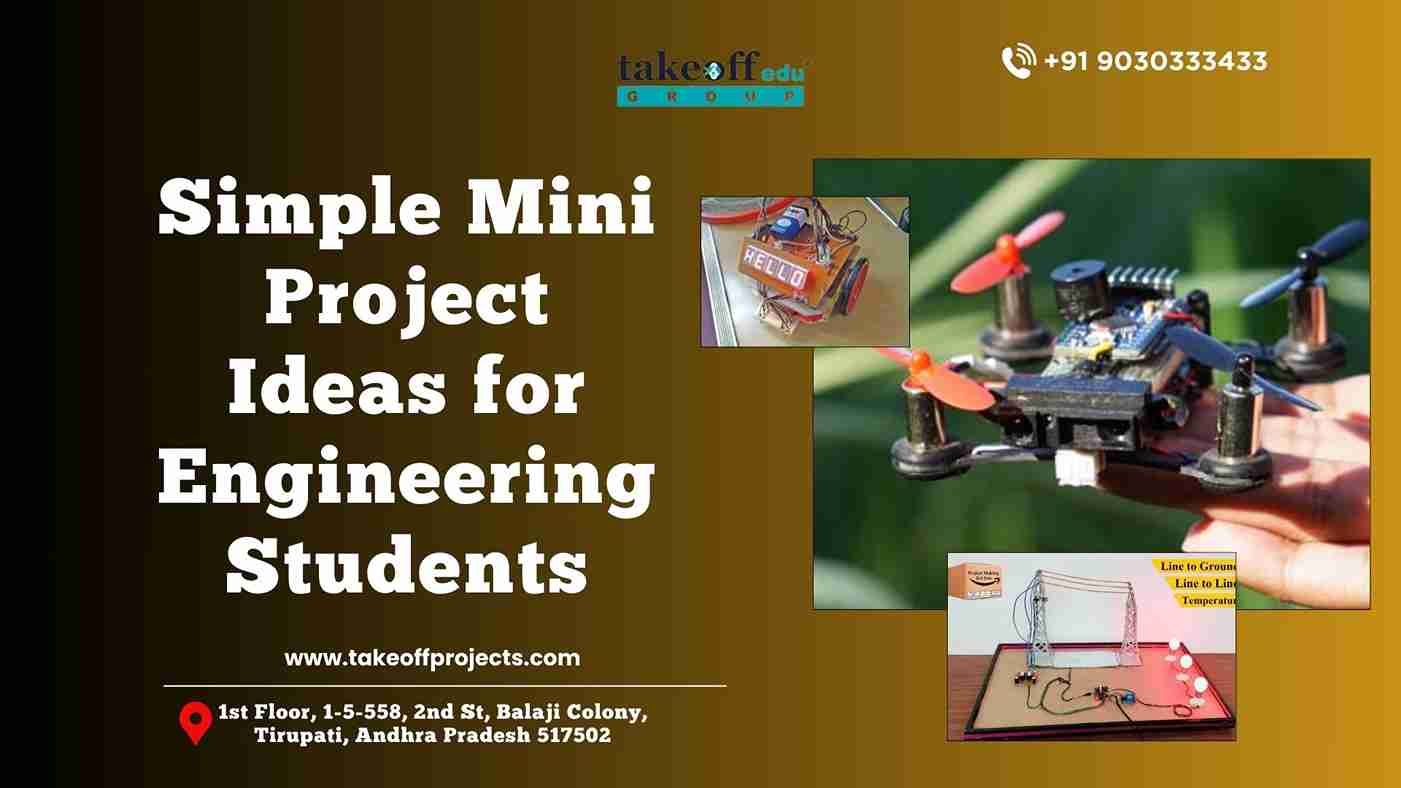 Simple Mini Project Ideas for Engineering Students
Simple Mini Project Ideas for Engineering Students 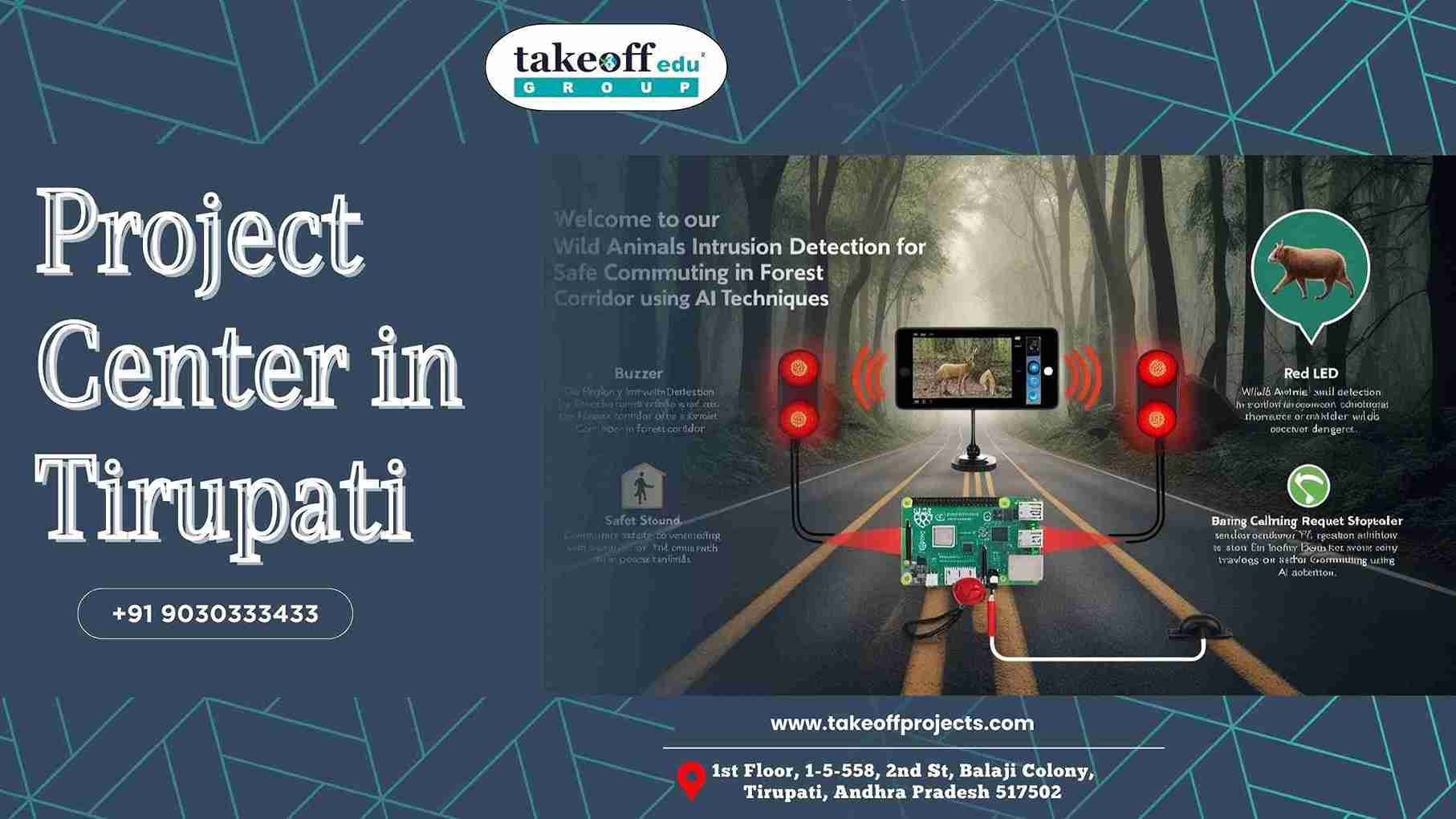 Project Center in Tirupati
Project Center in Tirupati 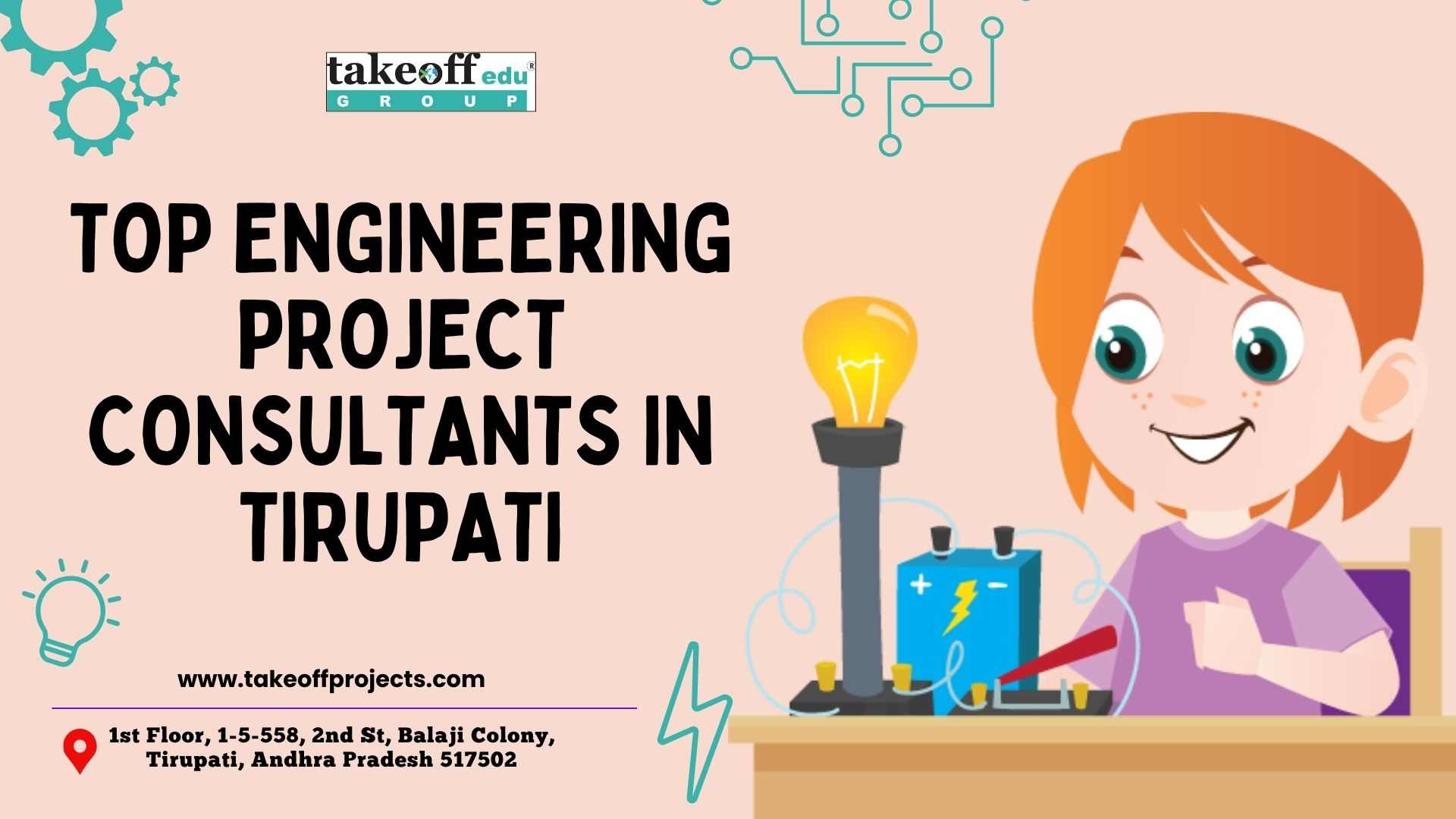 Top Engineering Project Consultants in Tirupati
Top Engineering Project Consultants in Tirupati 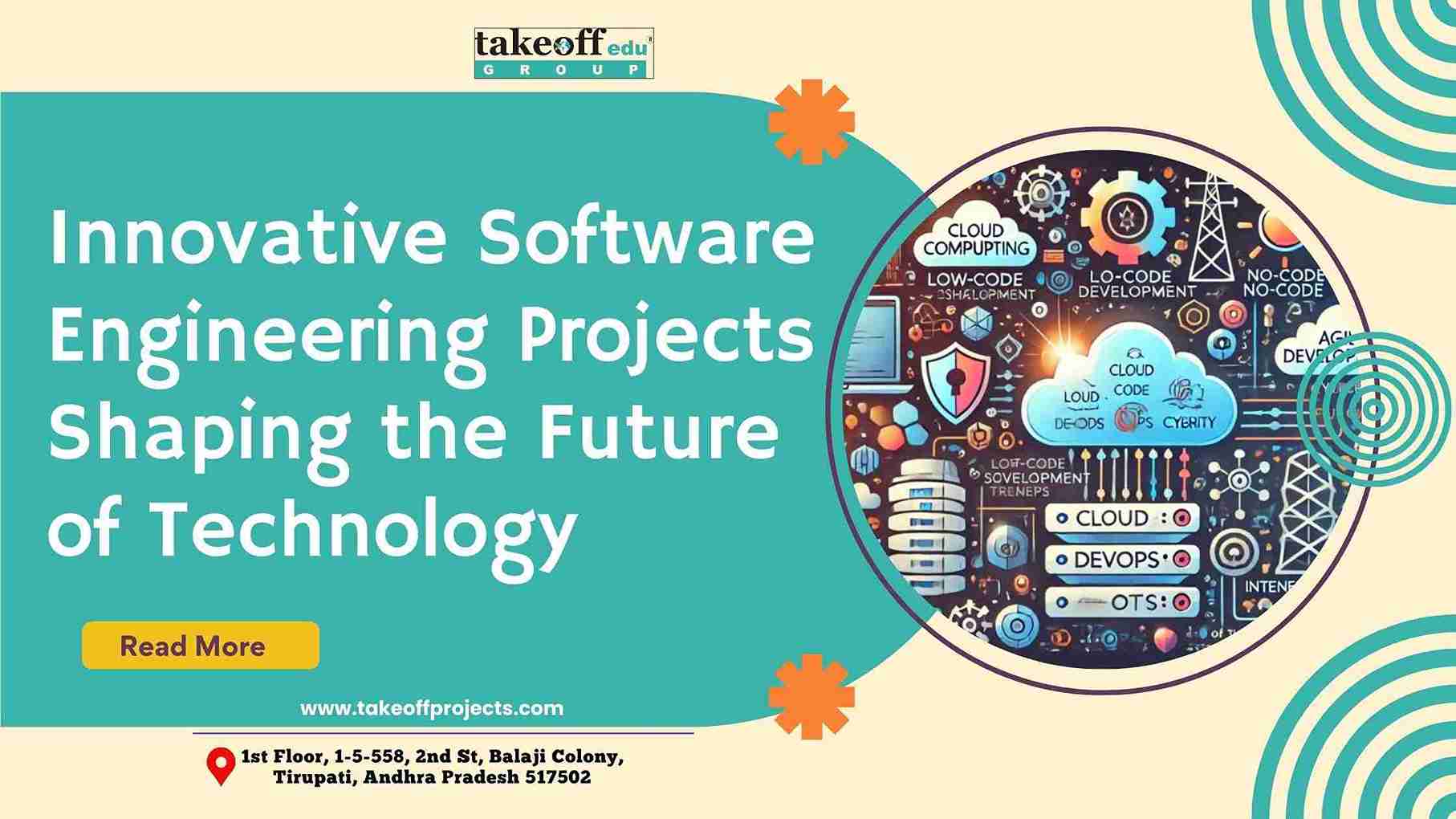 Innovative Software Engineering Projects: Shaping the Future of Technology
Innovative Software Engineering Projects: Shaping the Future of Technology 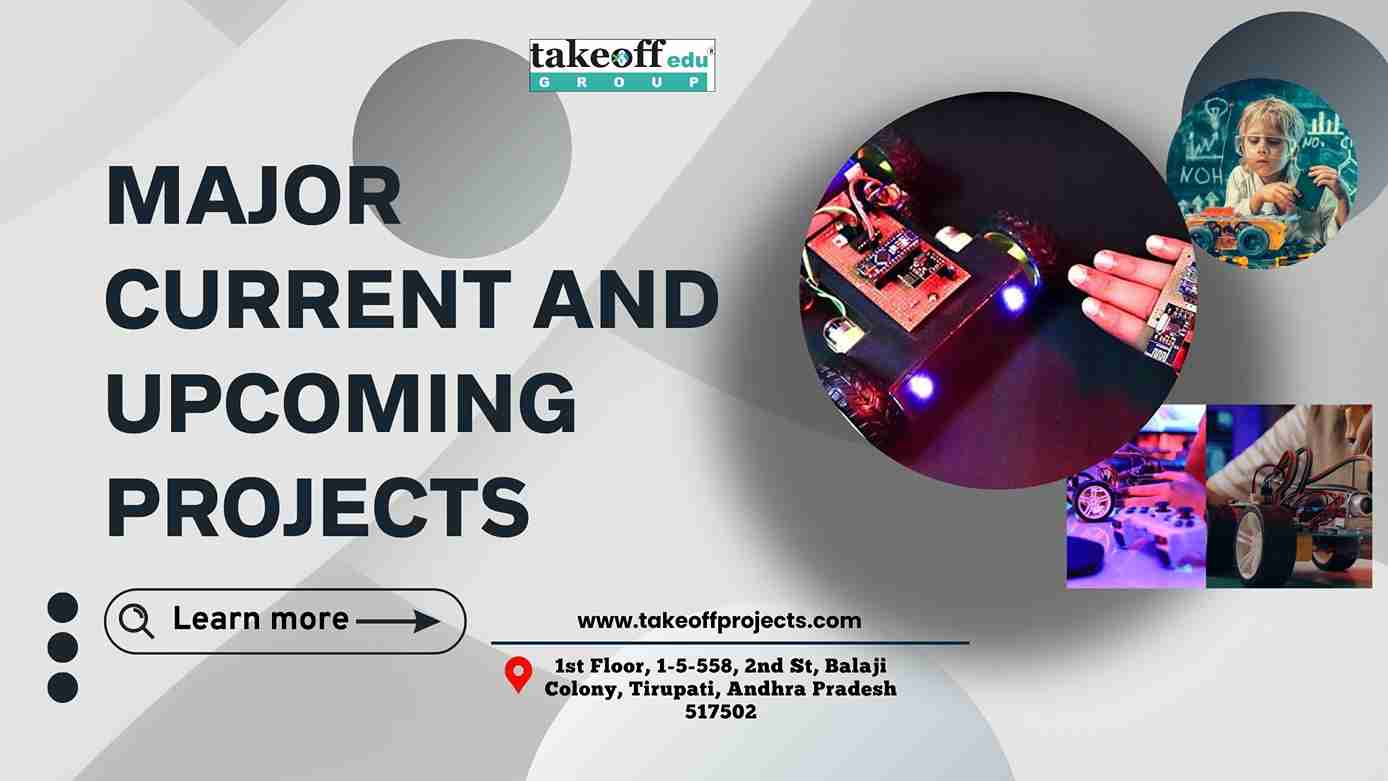 Major Current and Upcoming Projects
Major Current and Upcoming Projects 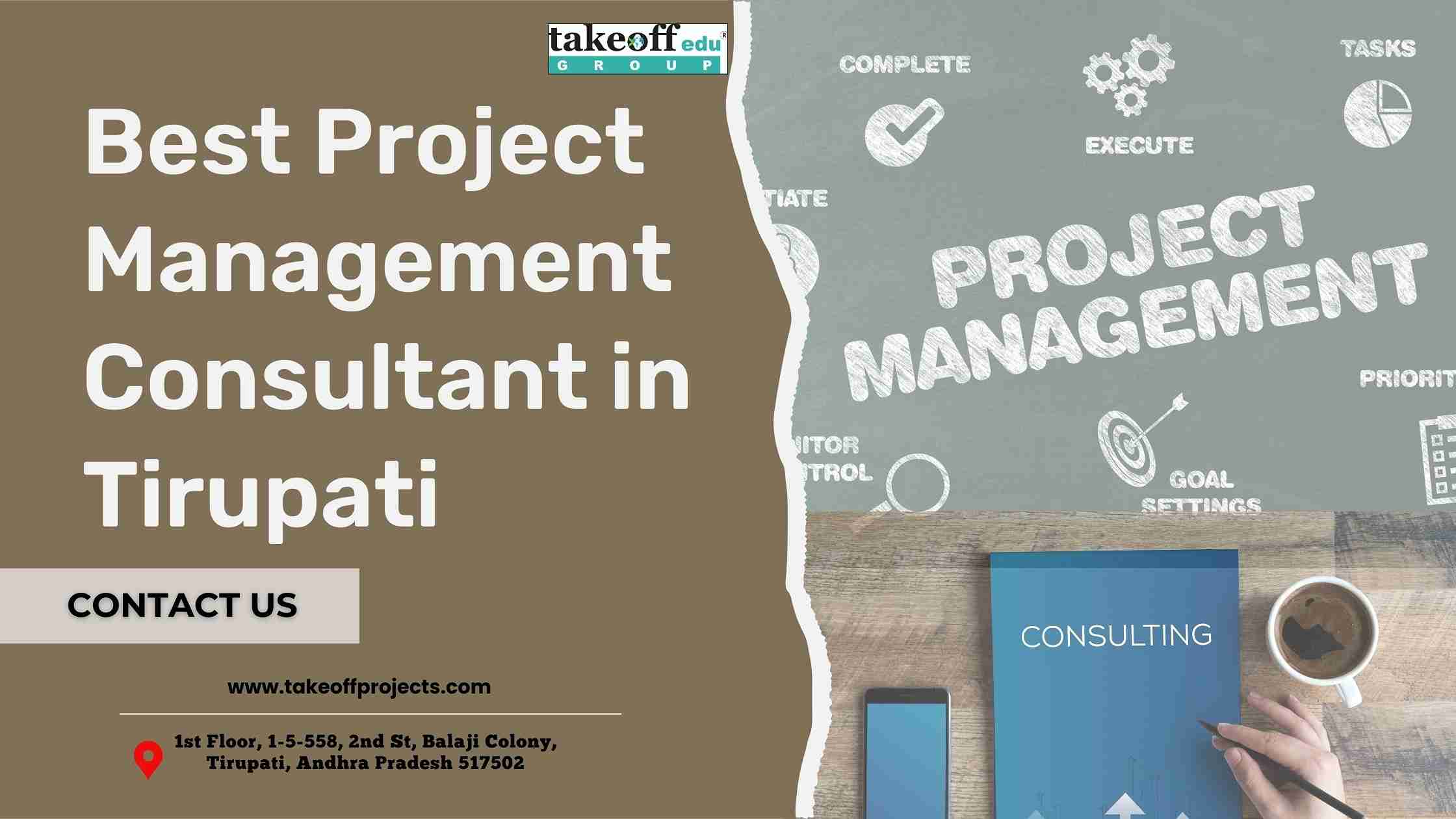 Best Project Management Consultant in Tirupati
Best Project Management Consultant in Tirupati  Top 10 Best Project Consultants in Andhra Pradesh
Top 10 Best Project Consultants in Andhra Pradesh  Best Project Consultancy in Tirupati
Best Project Consultancy in Tirupati 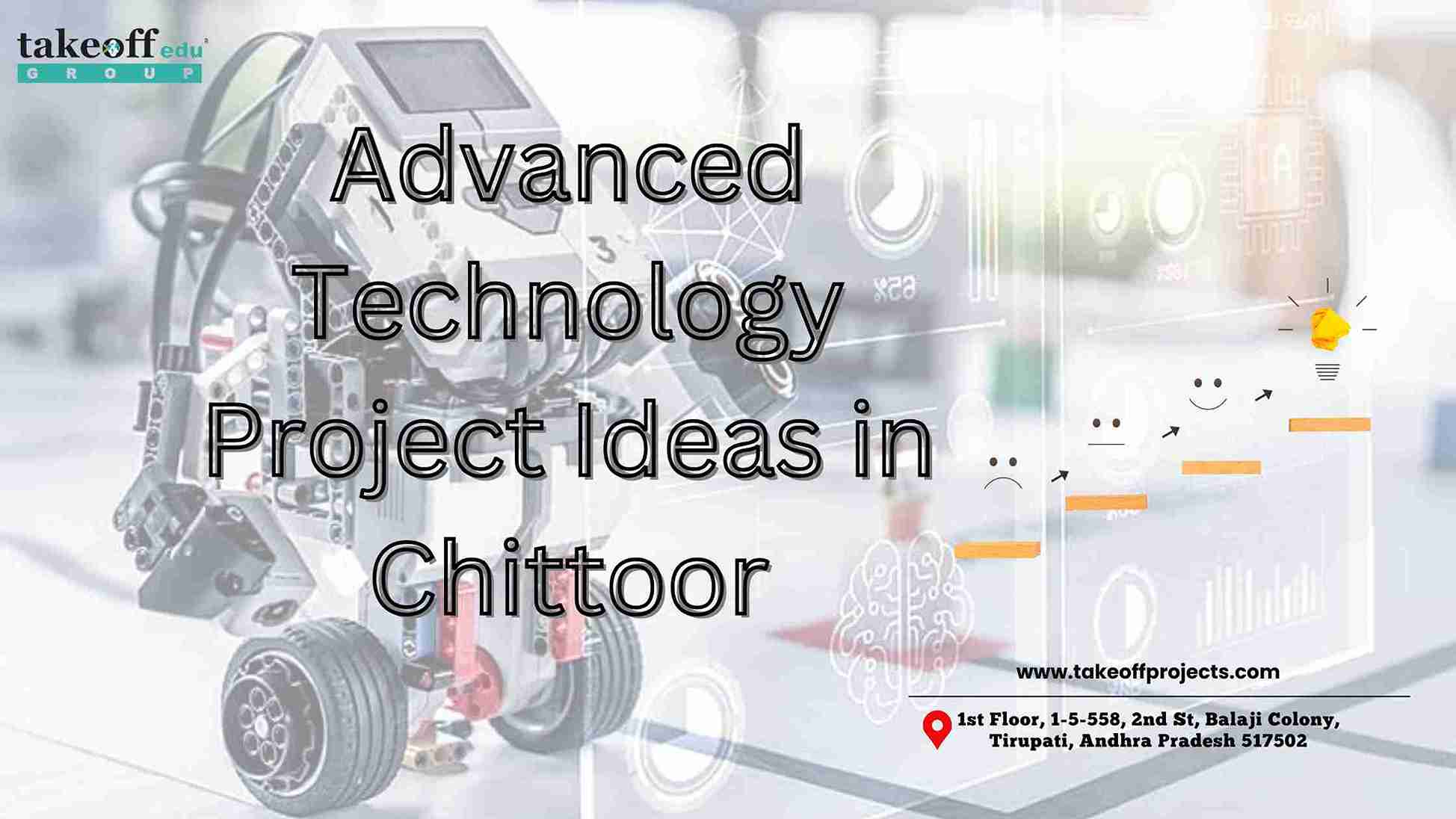 Advanced Technology Project Ideas in Chittoor
Advanced Technology Project Ideas in Chittoor 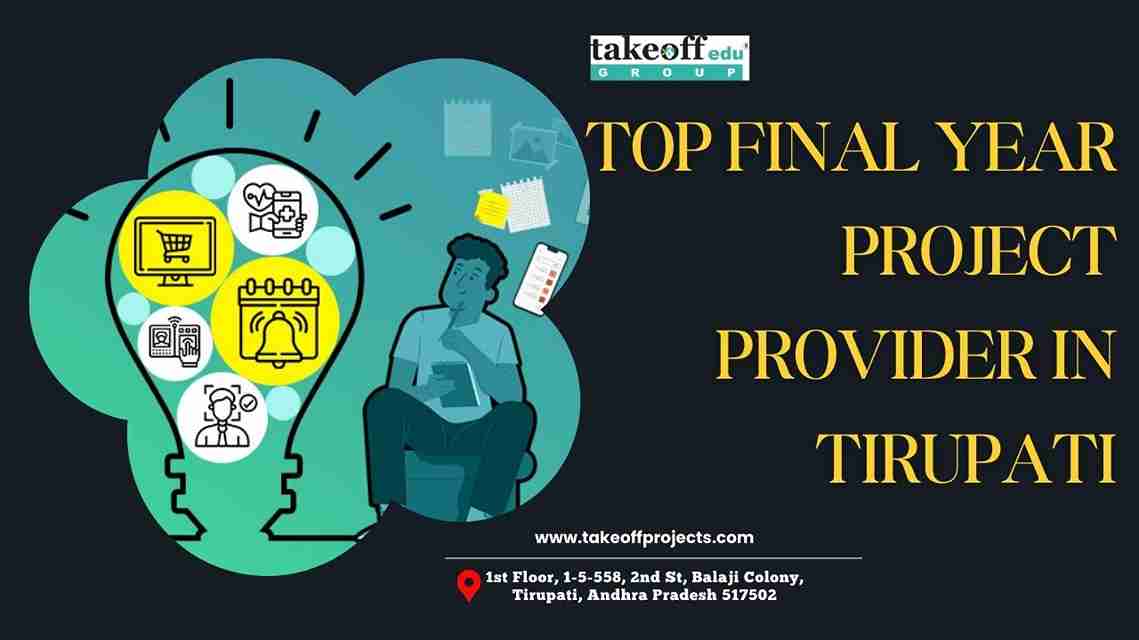 Top Final Year Project Provider in Tirupati
Top Final Year Project Provider in Tirupati 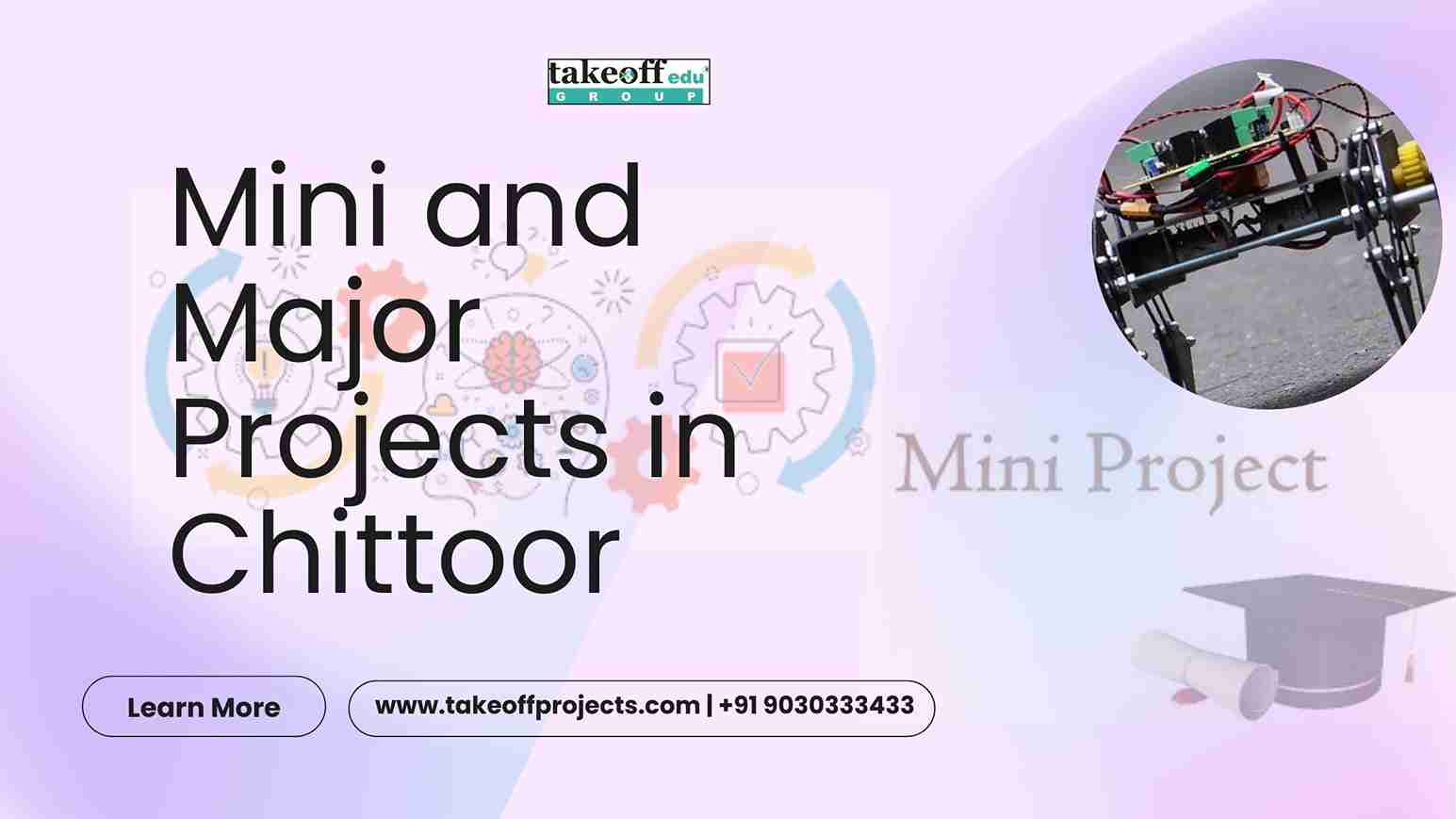 Mini and Major Projects in Chittoor
Mini and Major Projects in Chittoor 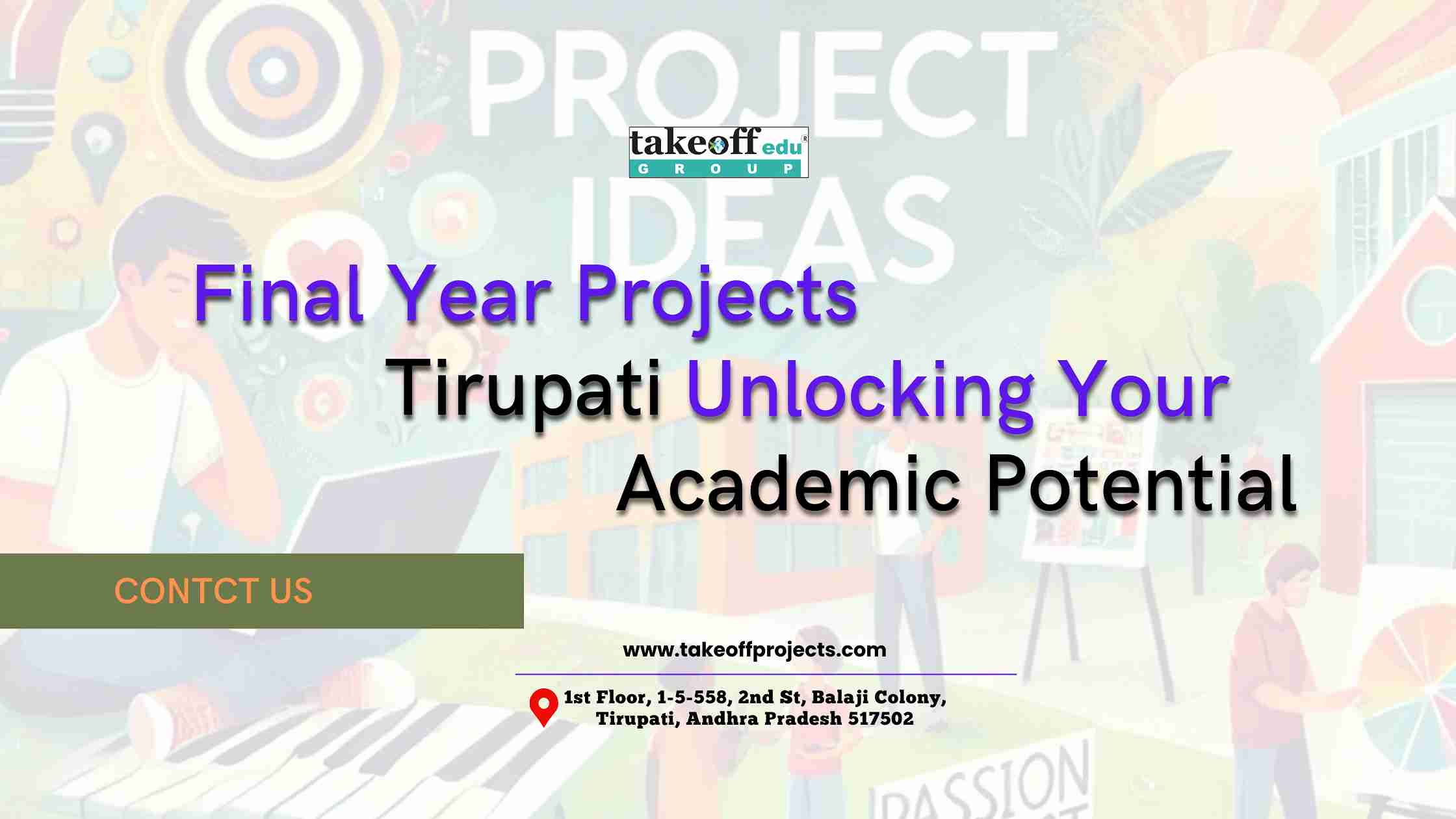 Final Year Projects in Tirupati: Unlocking Your Academic Potential
Final Year Projects in Tirupati: Unlocking Your Academic Potential  Affordable Academic Projects in India: A Gateway to Success
Affordable Academic Projects in India: A Gateway to Success 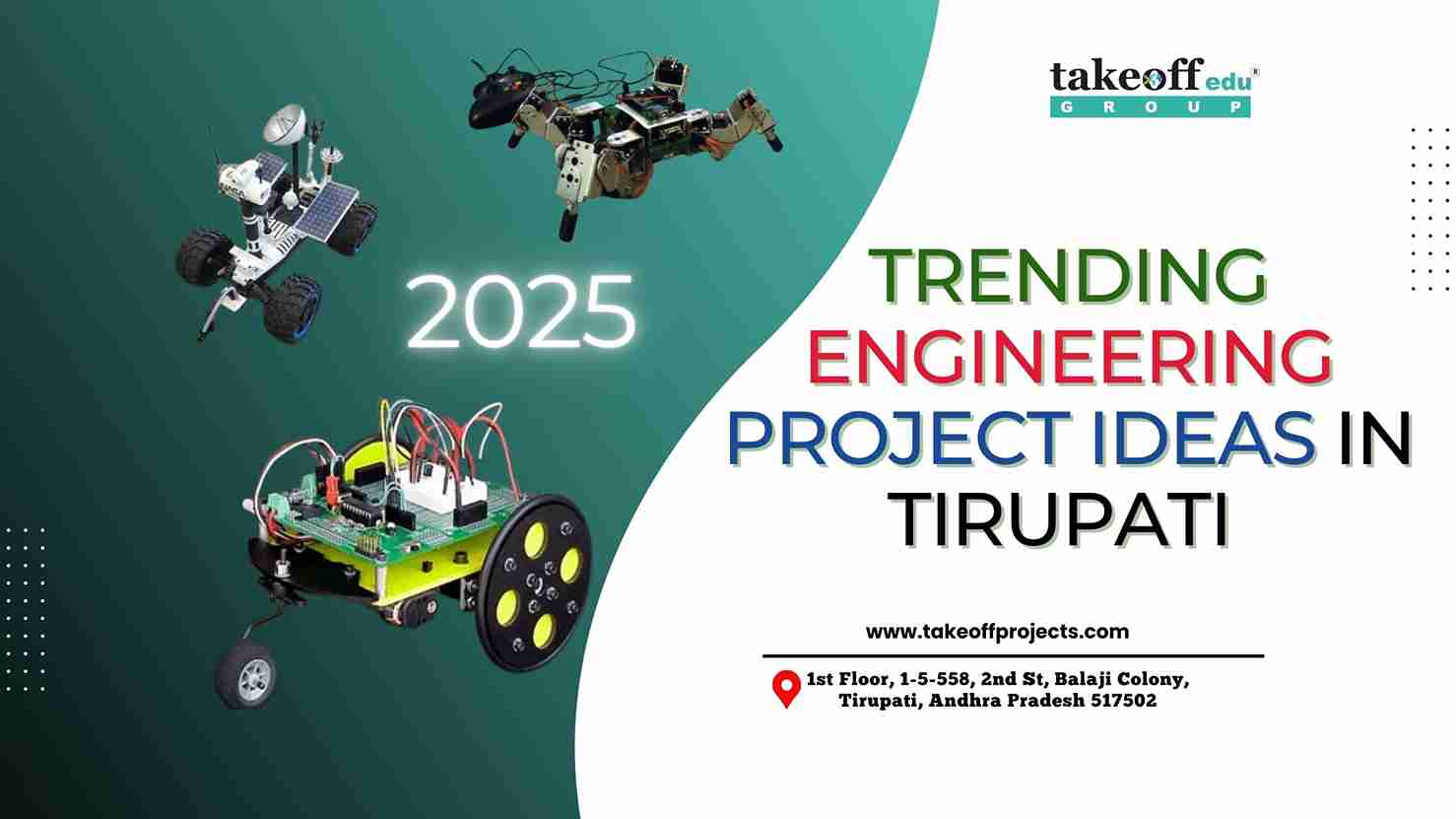 Trending Engineering Project Ideas in Tirupati 2025
Trending Engineering Project Ideas in Tirupati 2025 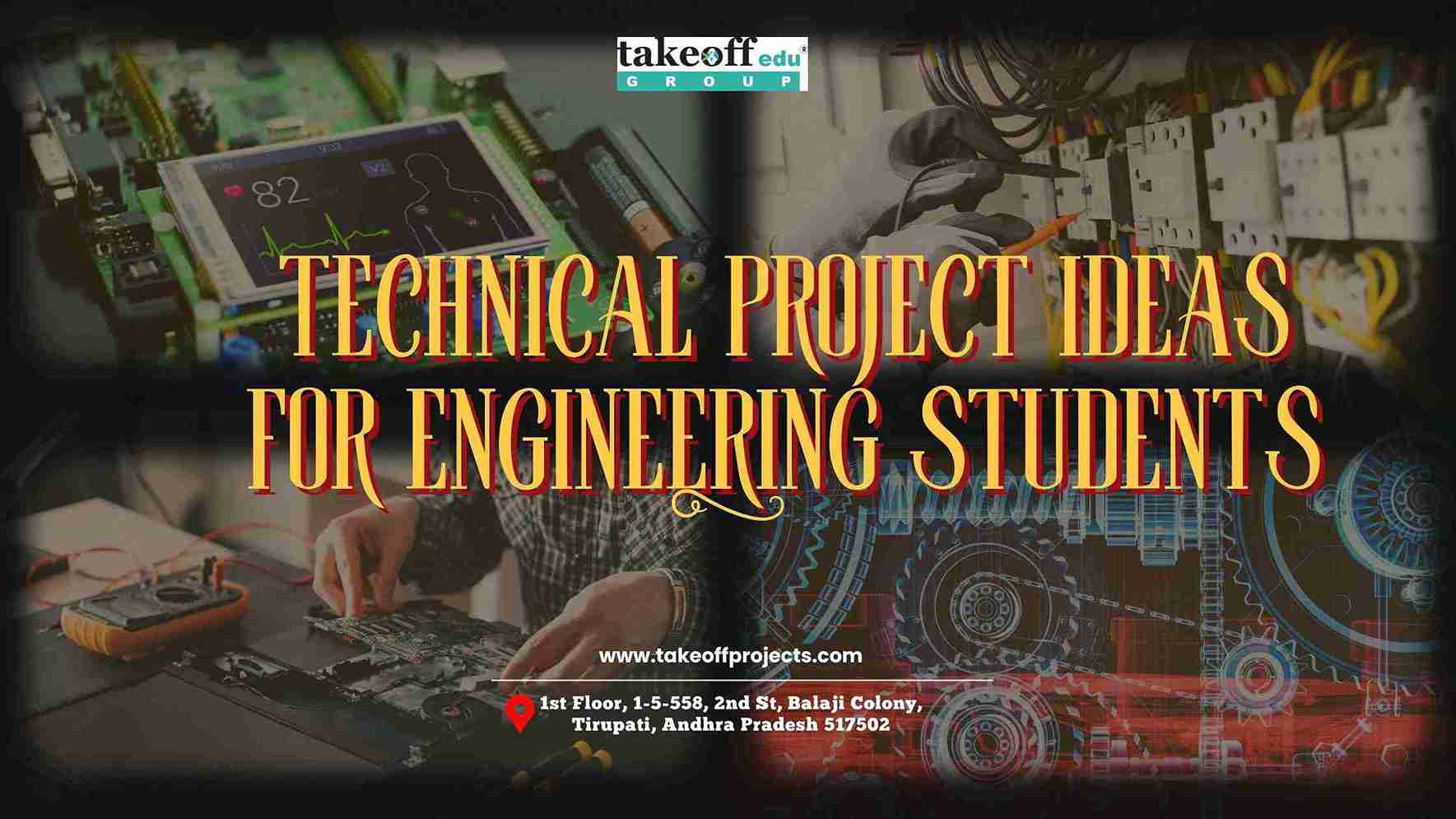 Technical Project ideas for engineering students
Technical Project ideas for engineering students  How Do I Choose A Project Topic Titles For Final Year Engineering Students?
How Do I Choose A Project Topic Titles For Final Year Engineering Students?  Find Best College Project Centers in Andhra Pradesh
Find Best College Project Centers in Andhra Pradesh 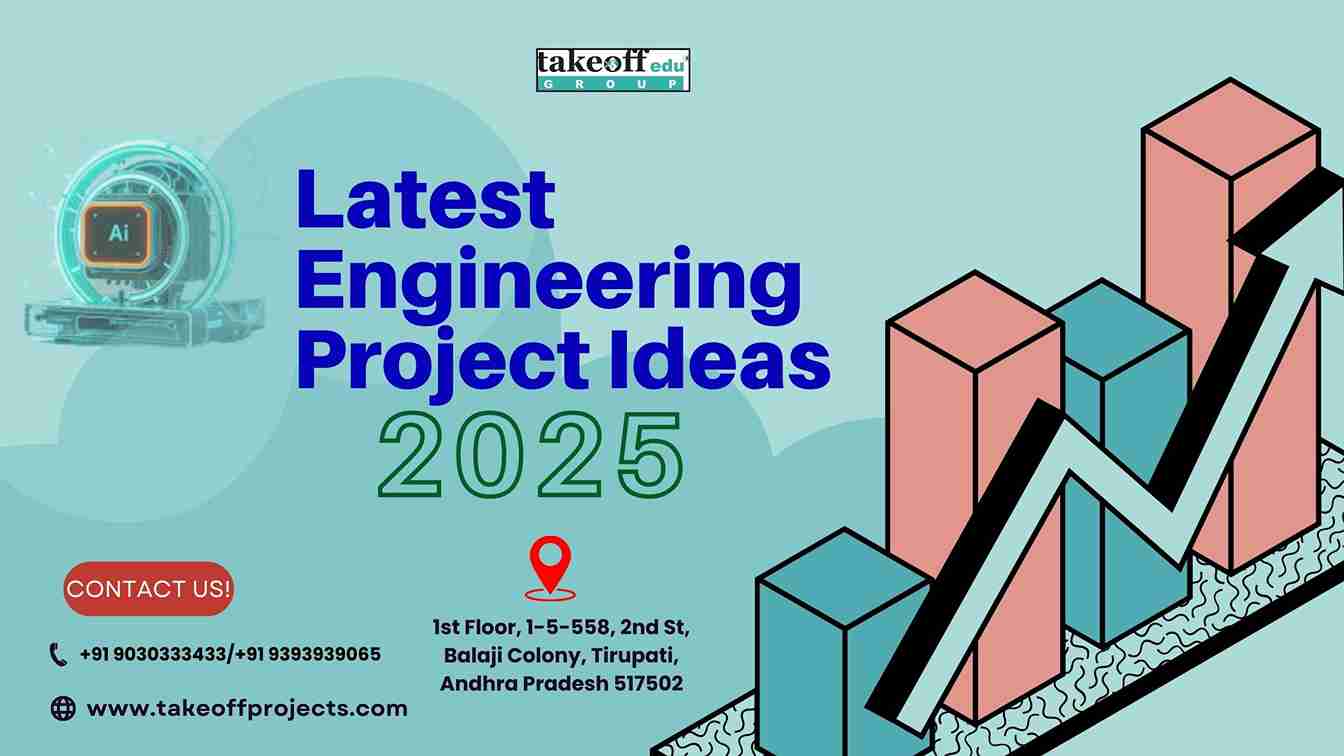 Latest Engineering Project Ideas for 2025
Latest Engineering Project Ideas for 2025 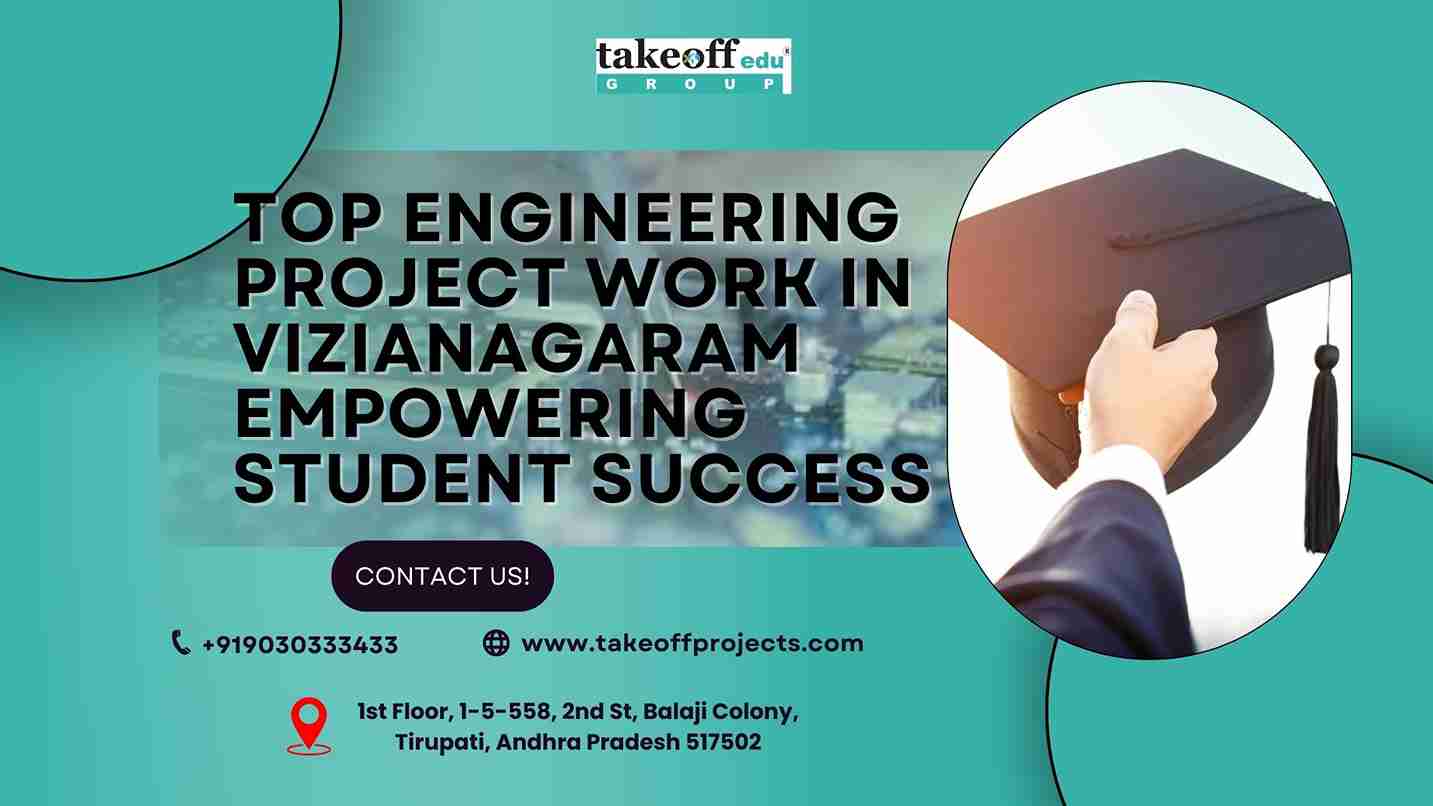 Top Engineering Project Work in Vizianagaram: Empowering Student Success
Top Engineering Project Work in Vizianagaram: Empowering Student Success 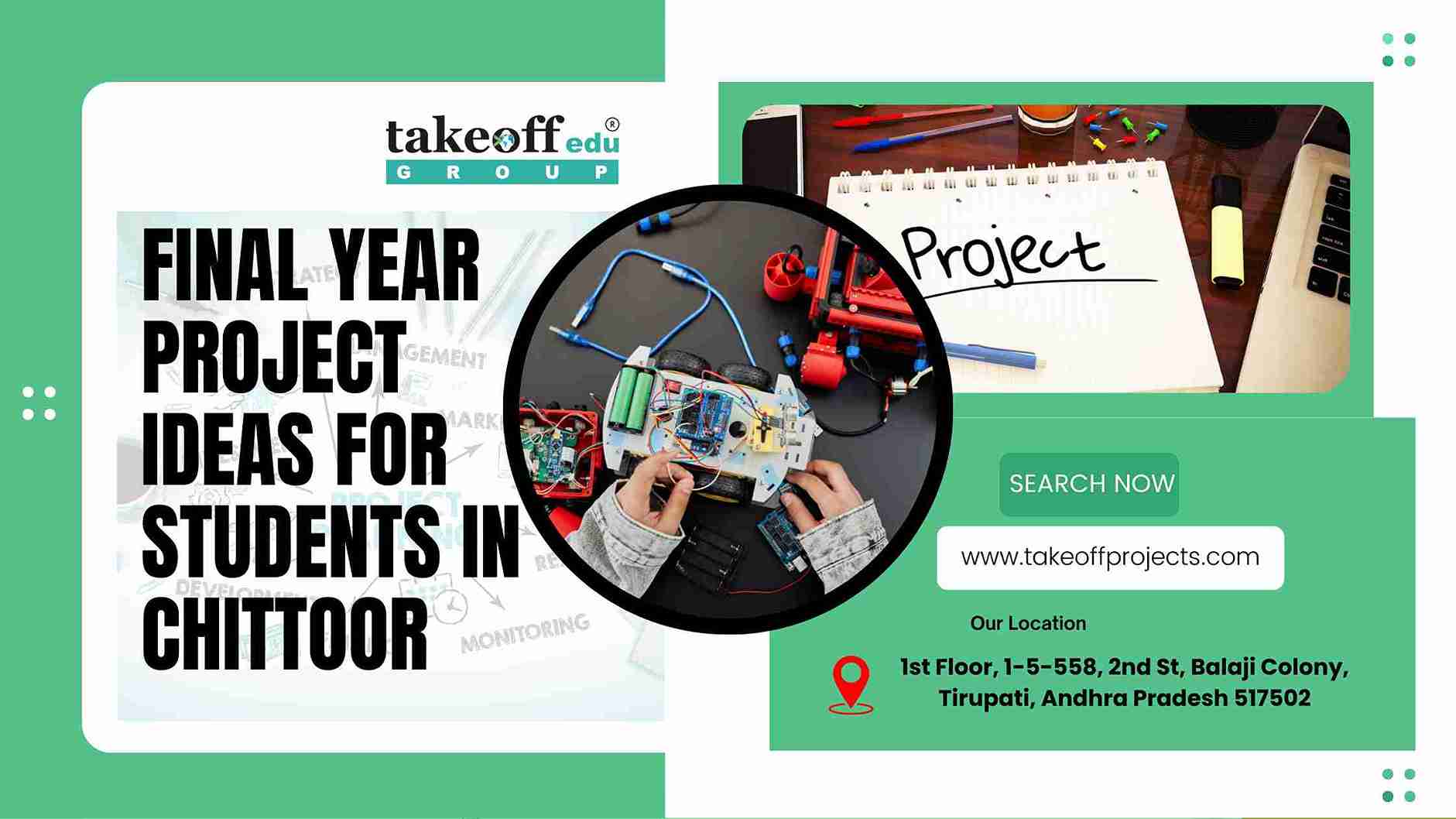 Final Year Project Ideas for Students in Chittoor
Final Year Project Ideas for Students in Chittoor 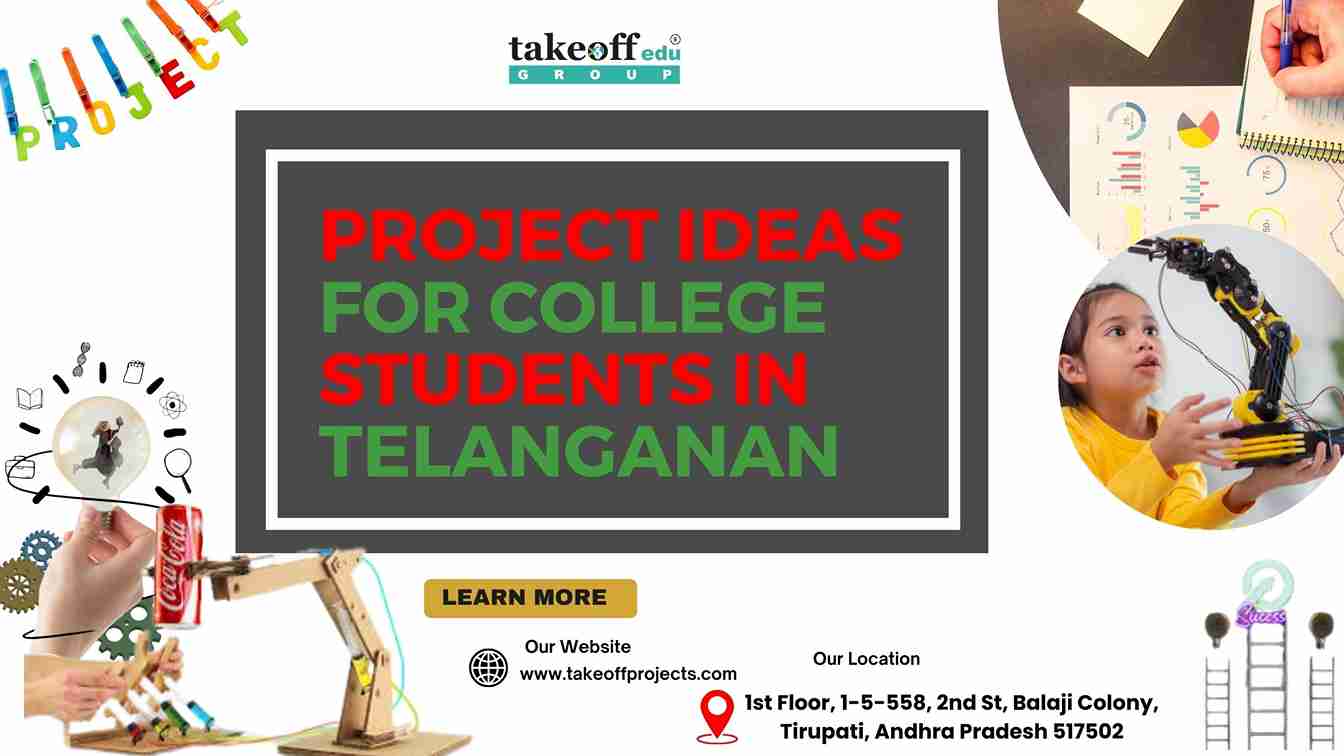 Project Ideas for College Students in Telangana
Project Ideas for College Students in Telangana 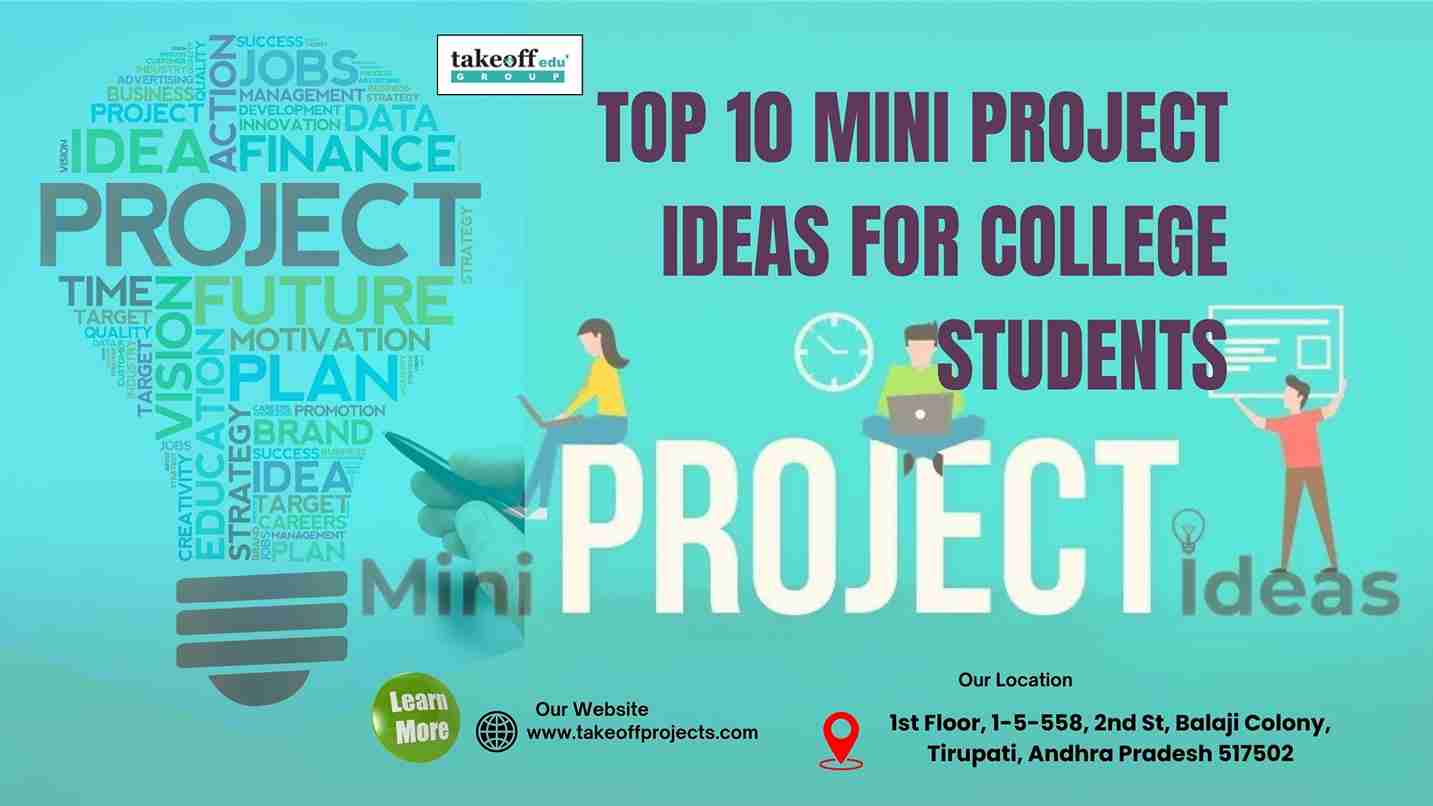 Top 10 Mini Project Ideas for College Students
Top 10 Mini Project Ideas for College Students 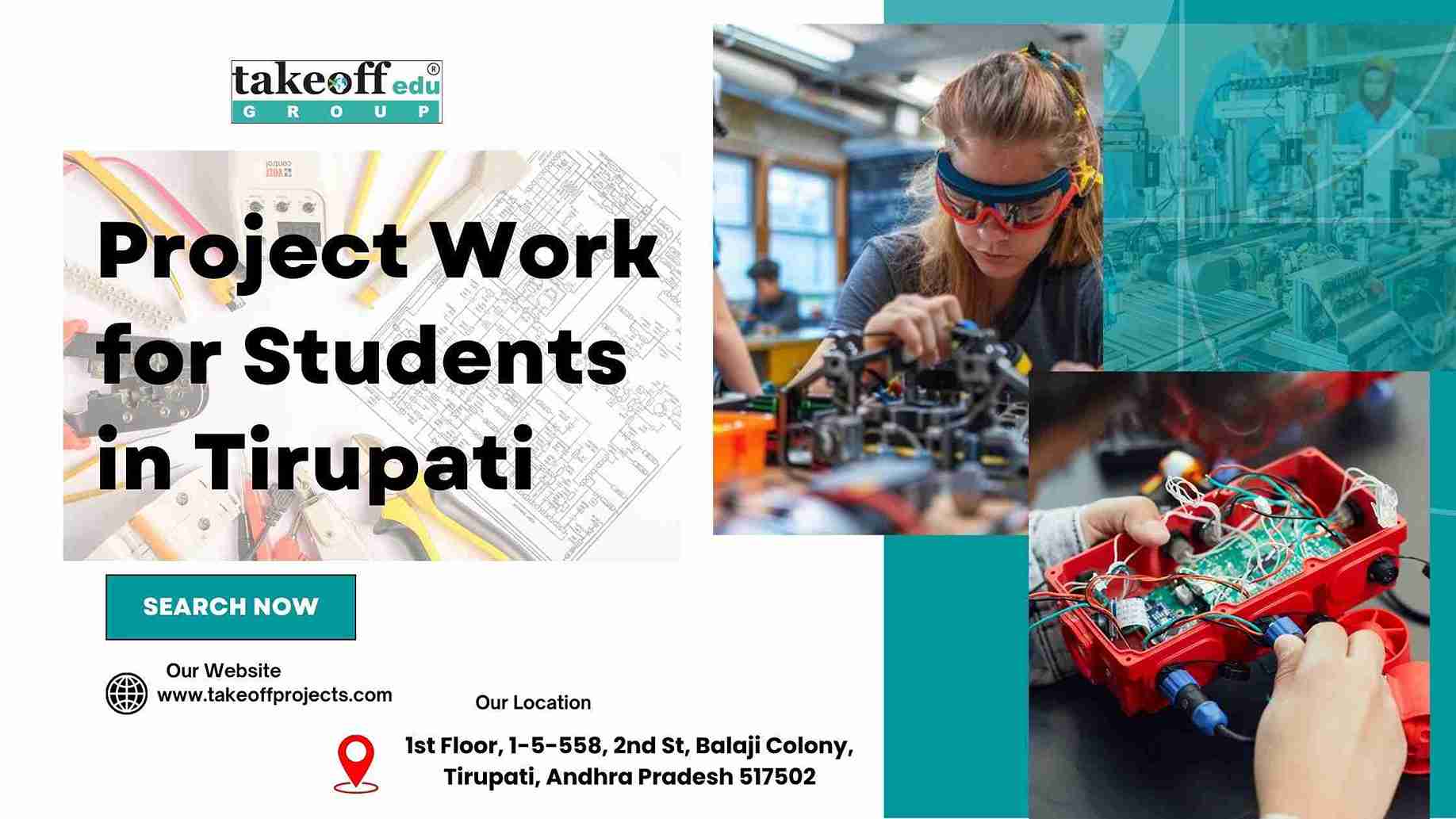 Project Work for Students in Tirupati
Project Work for Students in Tirupati 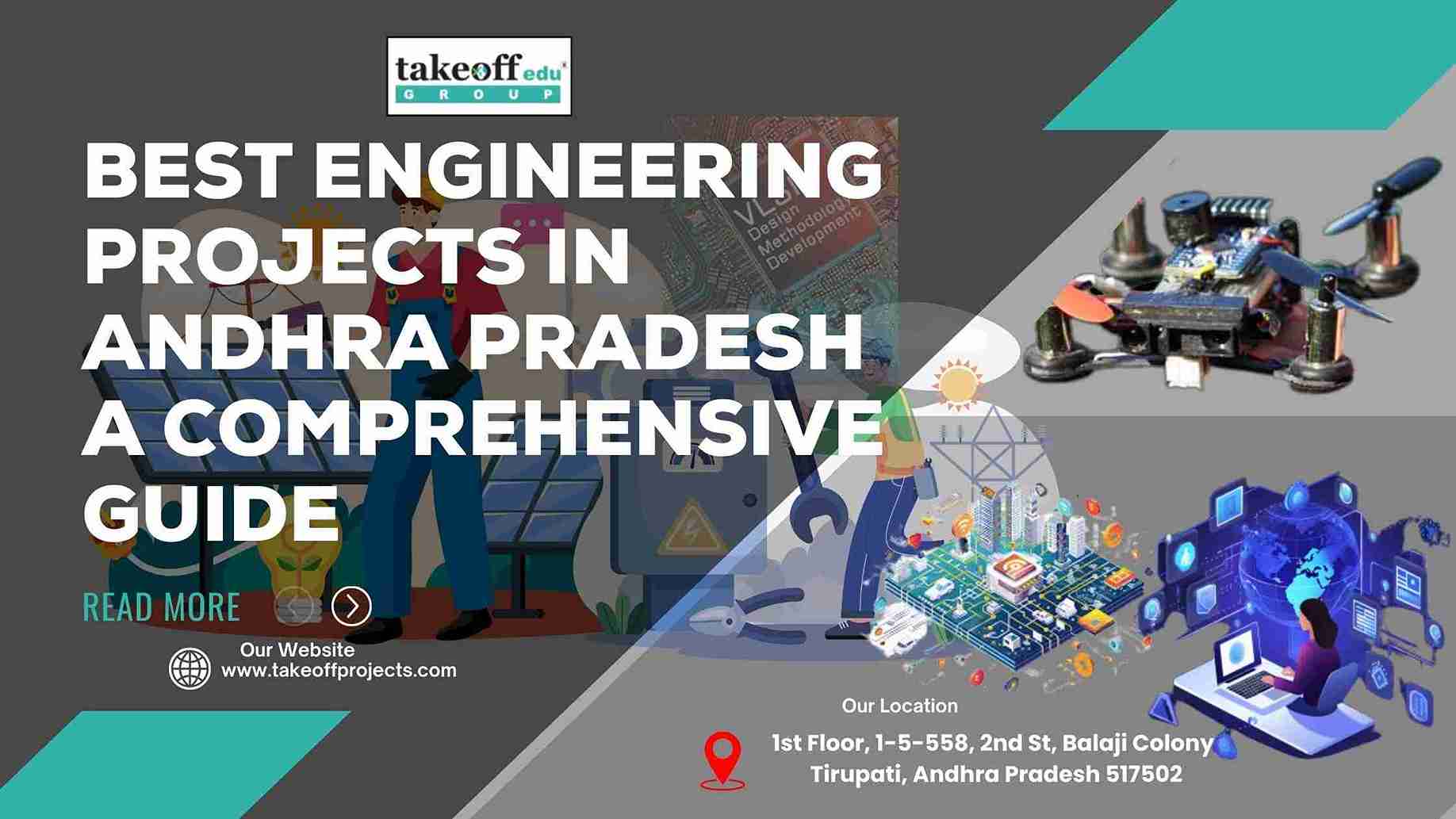 Best Engineering Projects in Andhra Pradesh: A Comprehensive Guide
Best Engineering Projects in Andhra Pradesh: A Comprehensive Guide 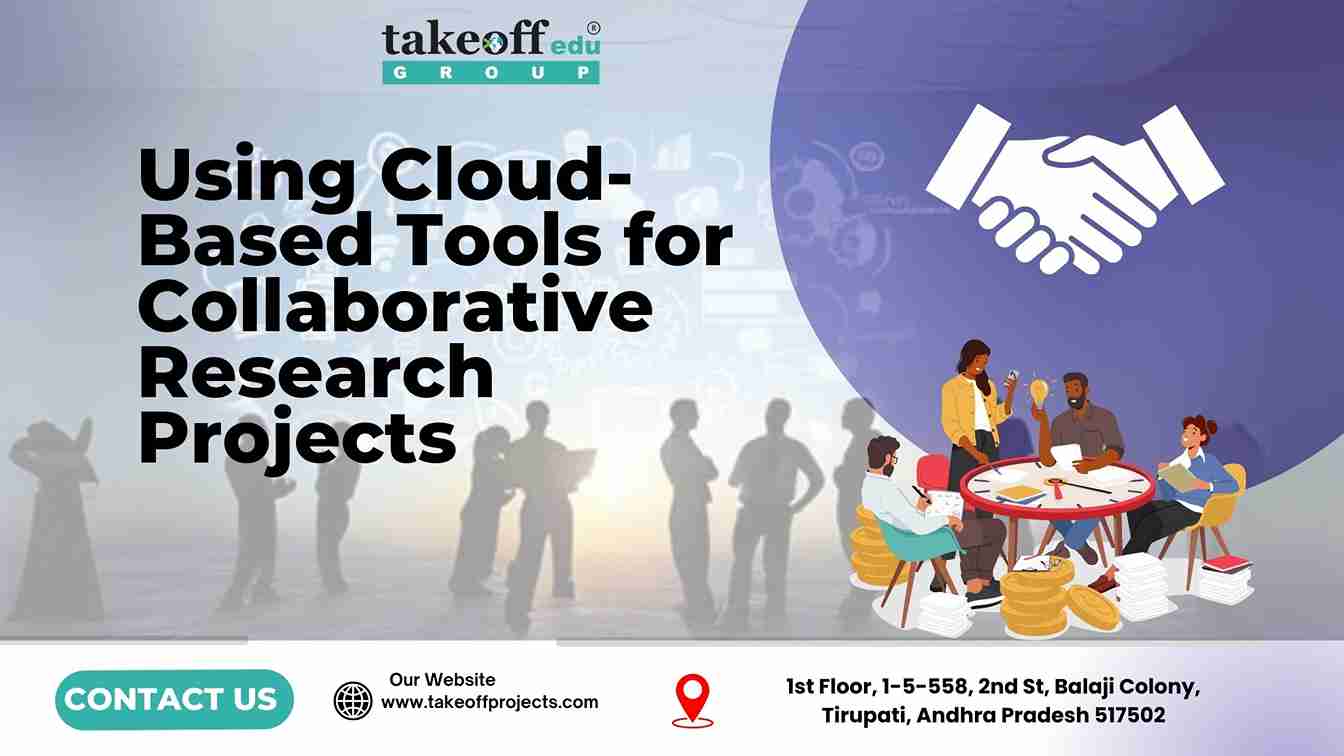 Using Cloud-Based Tools for Collaborative Research Projects
Using Cloud-Based Tools for Collaborative Research Projects  Advantages of Undergraduate Research Opportunities
Advantages of Undergraduate Research Opportunities  How to Prepare for Academic Research Conferences
How to Prepare for Academic Research Conferences 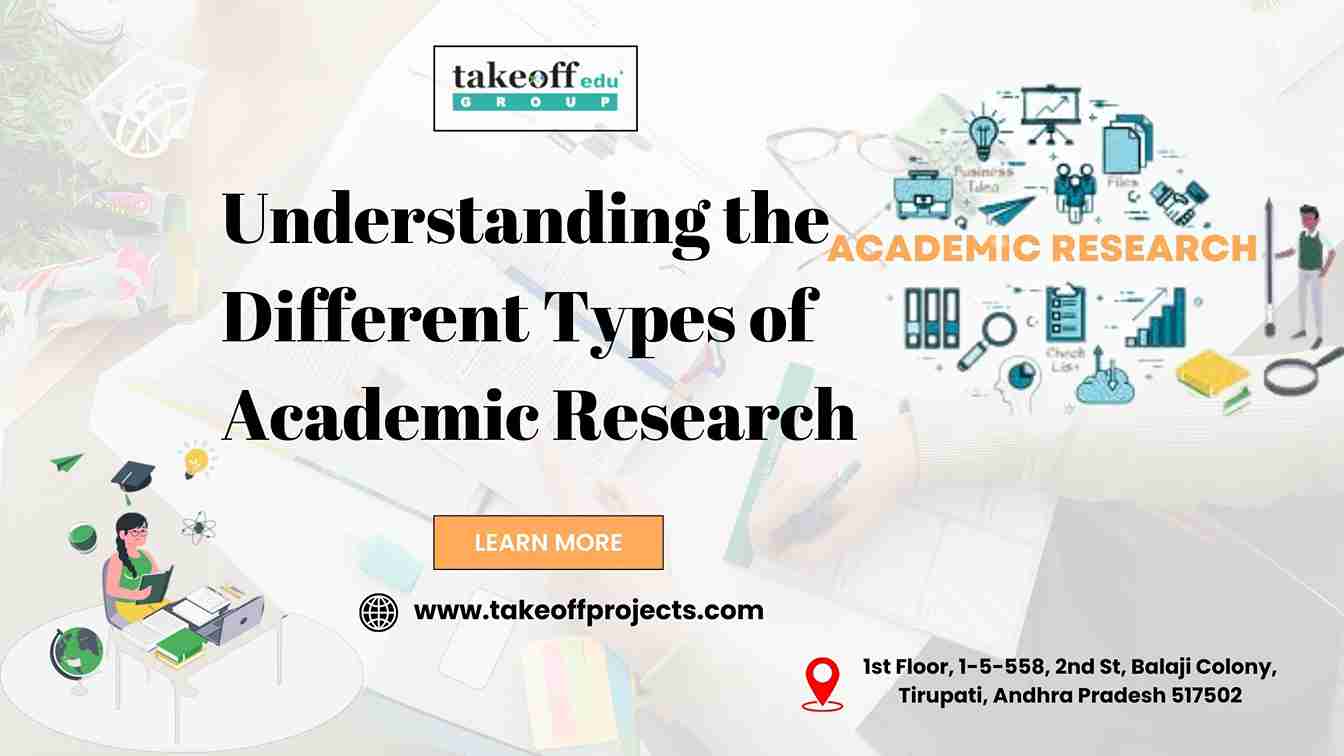 Understanding the Different Types of Academic Research
Understanding the Different Types of Academic Research 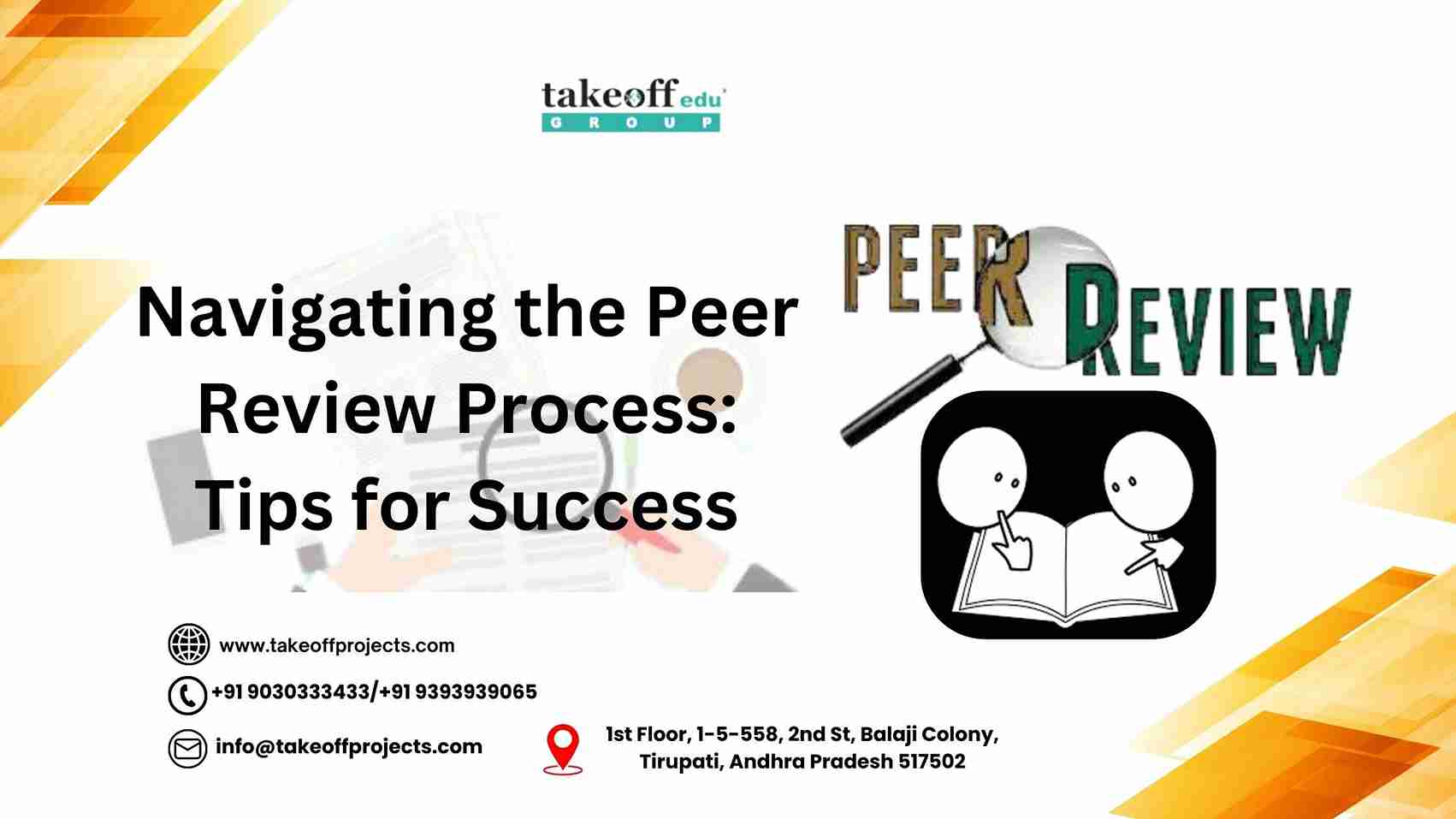 Navigating the Peer Review Process: Tips for Success
Navigating the Peer Review Process: Tips for Success  How to Write the Abstract for a Research Paper
How to Write the Abstract for a Research Paper 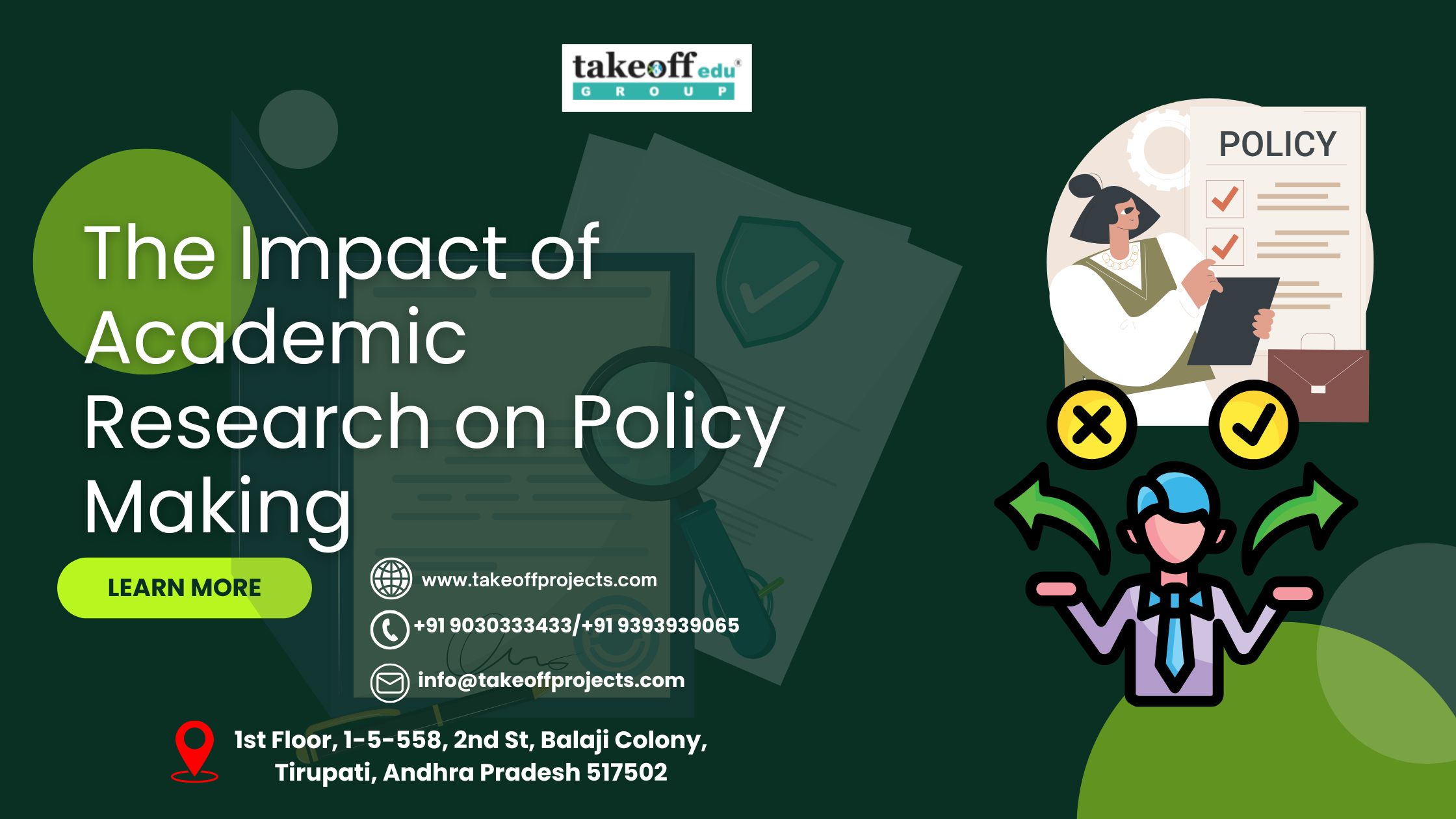 The Impact of Academic Research on Policy Making
The Impact of Academic Research on Policy Making 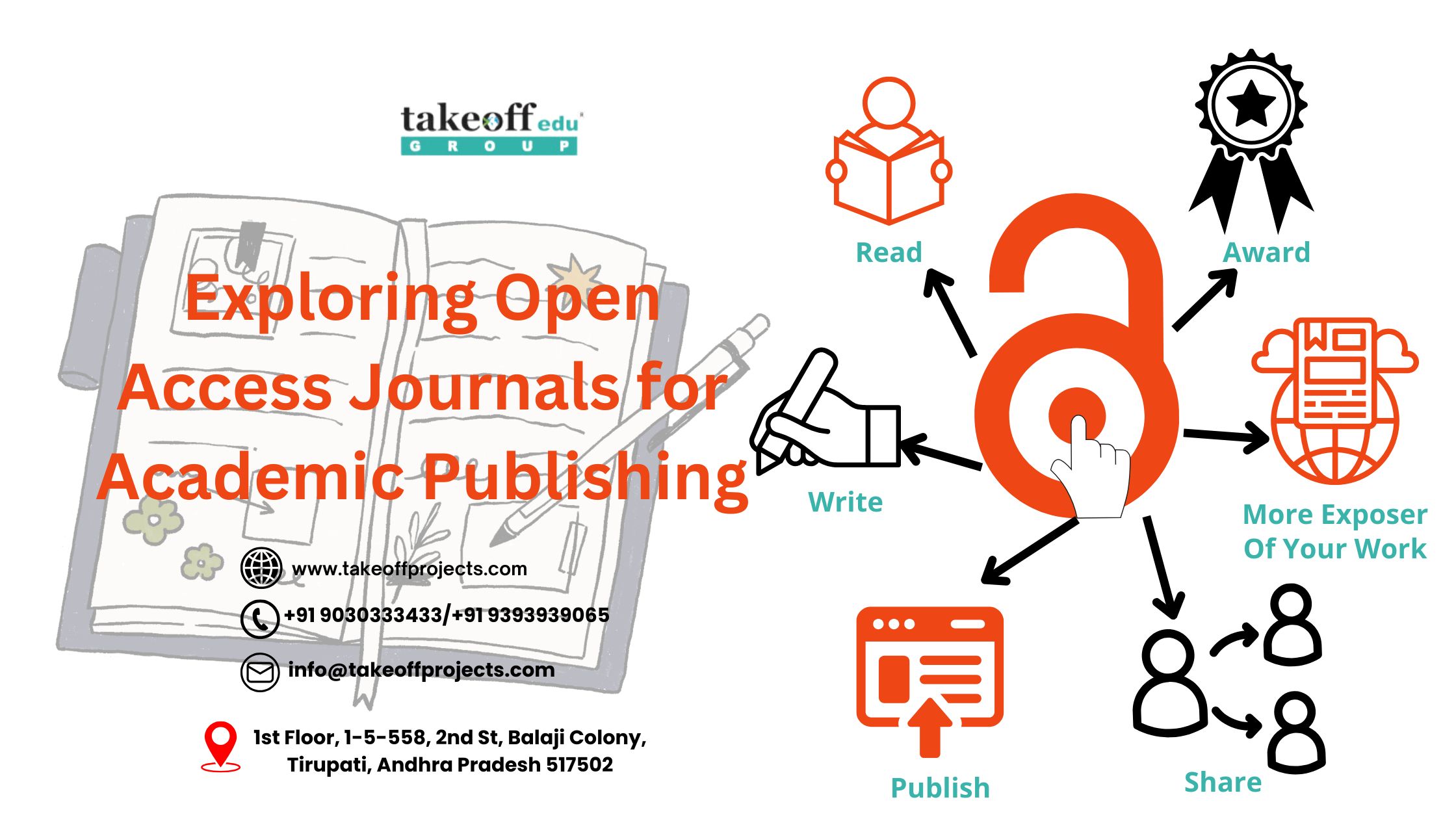 Exploring Open Access Journals for Academic Publishing
Exploring Open Access Journals for Academic Publishing  The Role of Academic Journals in Disseminating Research
The Role of Academic Journals in Disseminating Research 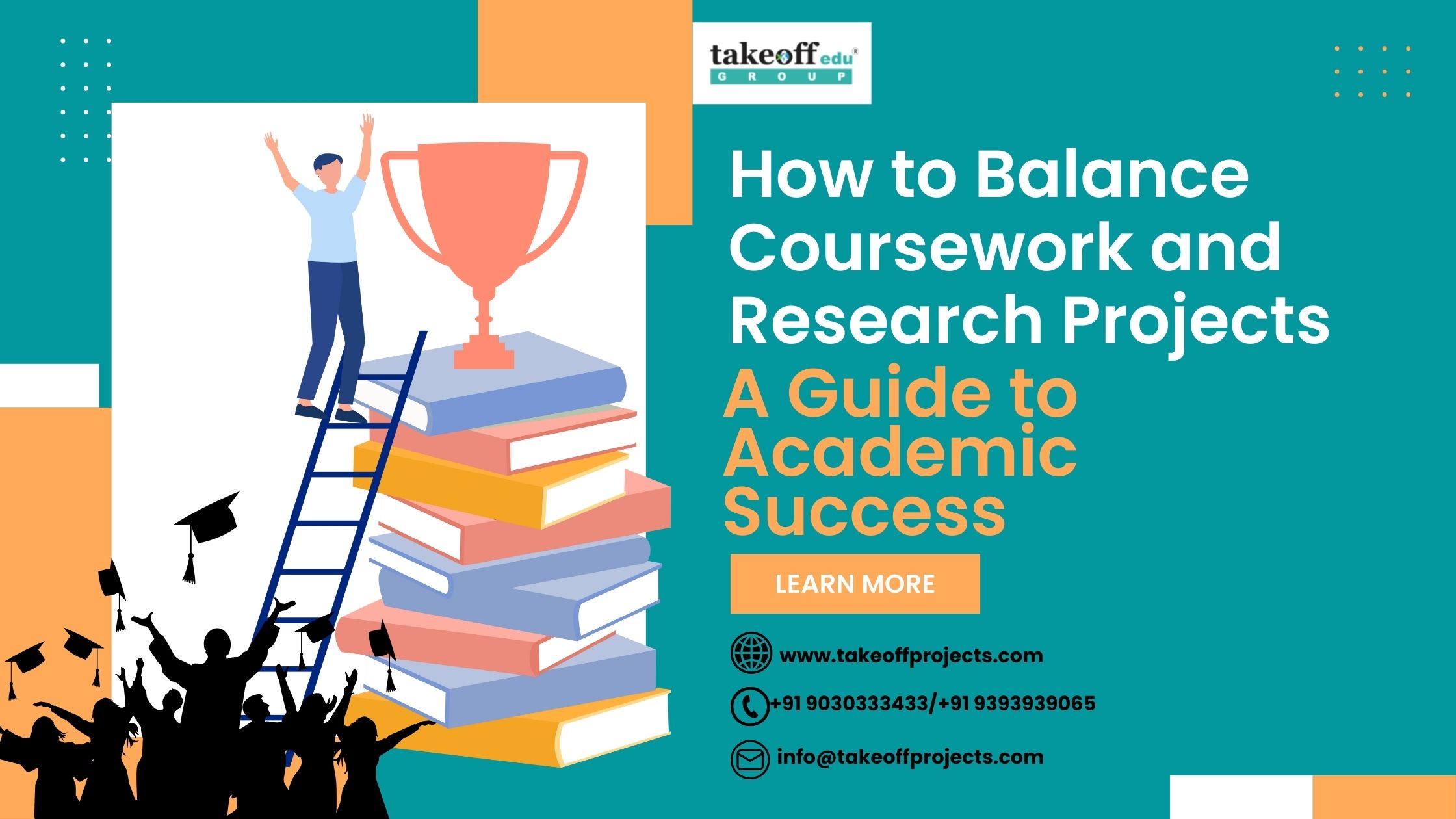 How to Balance Coursework and Research Projects: A Guide to Academic Success
How to Balance Coursework and Research Projects: A Guide to Academic Success 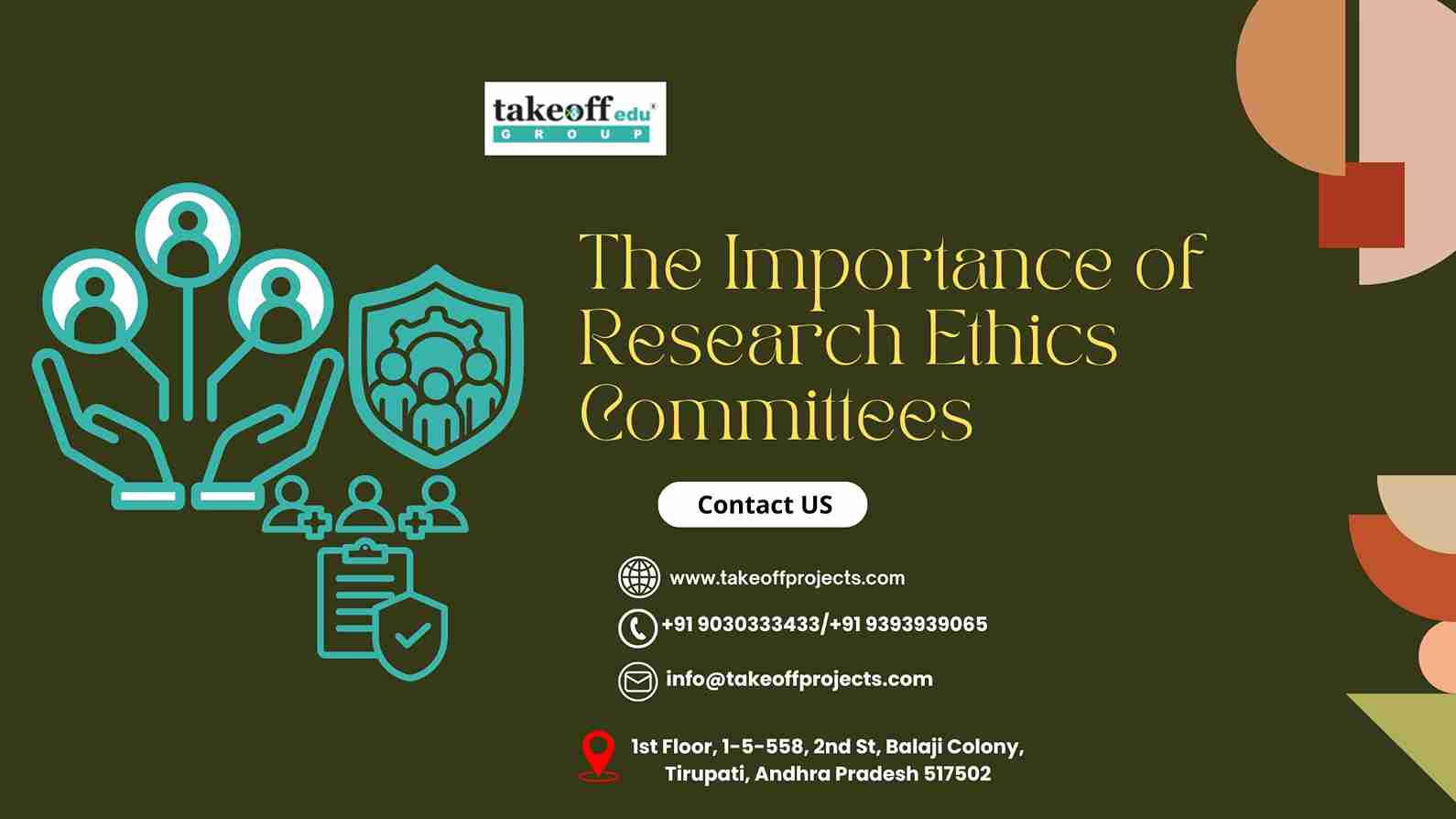 The Importance of Research Ethics Committees
The Importance of Research Ethics Committees  Innovative Teaching Methods to Support Academic Research Projects
Innovative Teaching Methods to Support Academic Research Projects  Creating Impactful Visual Aids for Research Presentations
Creating Impactful Visual Aids for Research Presentations  The Benefits of Peer Review in Academic Research
The Benefits of Peer Review in Academic Research 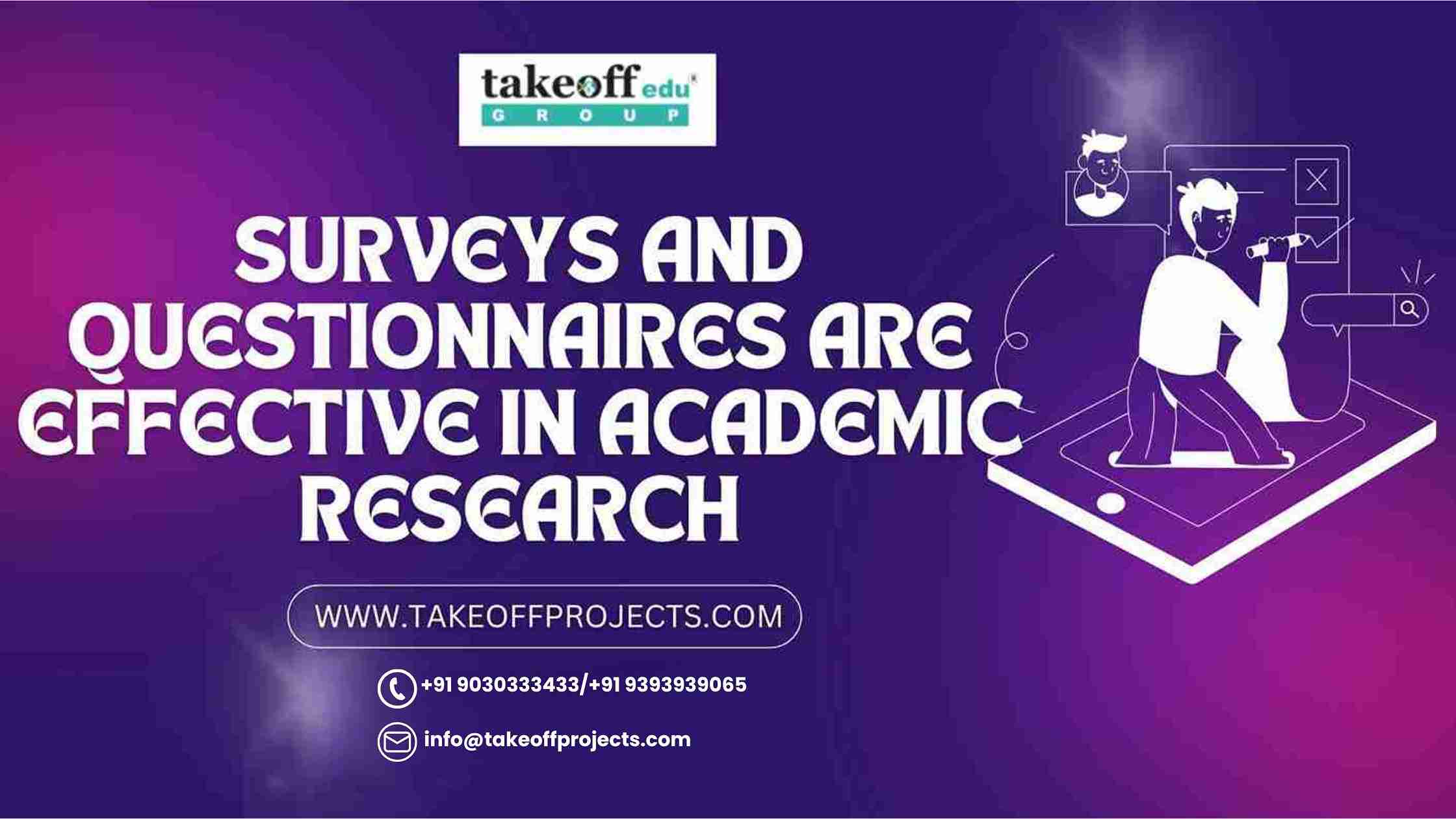 Surveys and Questionnaires are Effective in Academic Research
Surveys and Questionnaires are Effective in Academic Research  Importance of Documentation Record-Keeping in Academic Research
Importance of Documentation Record-Keeping in Academic Research 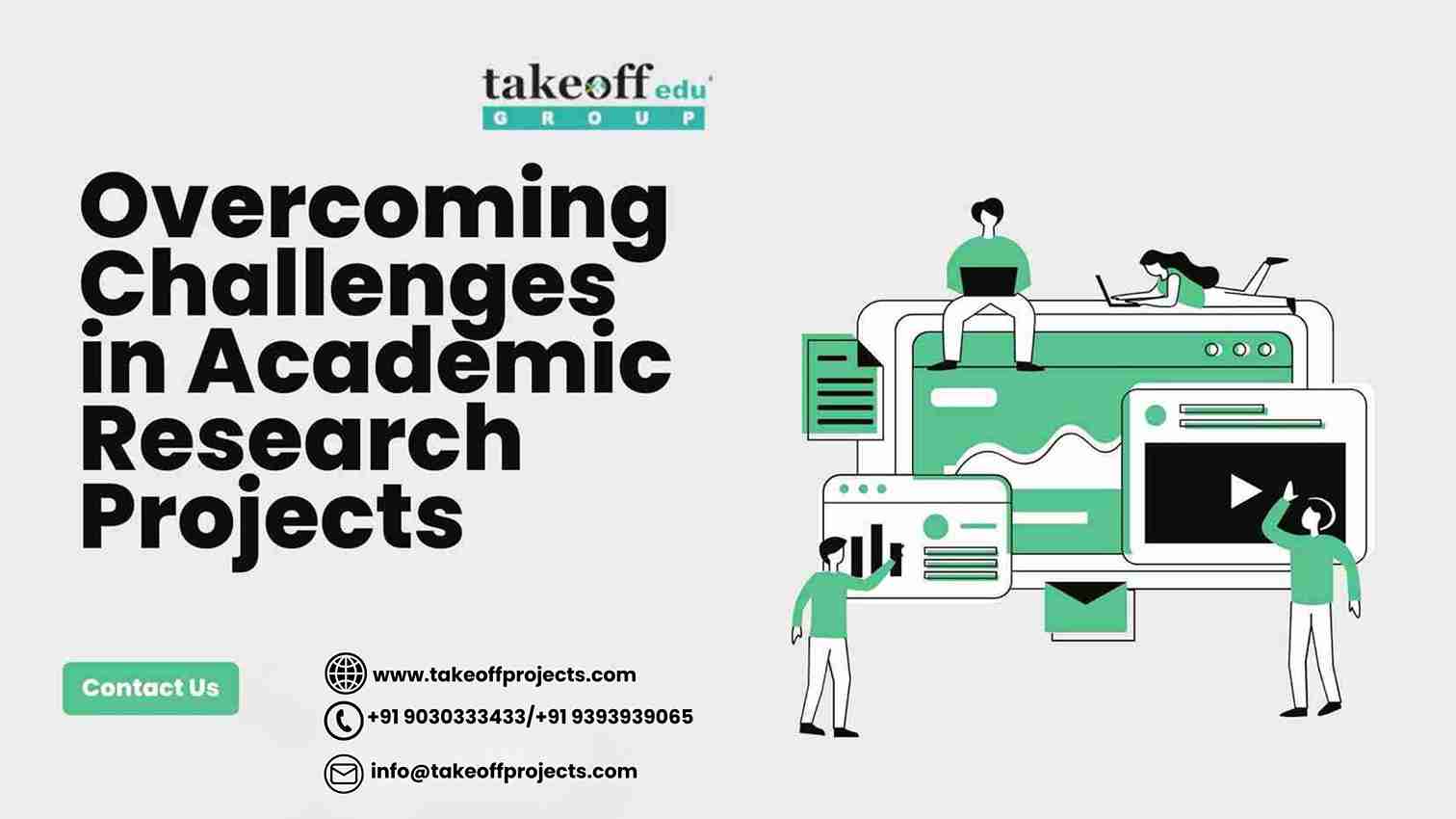 Overcoming Challenges in Academic Research Projects
Overcoming Challenges in Academic Research Projects 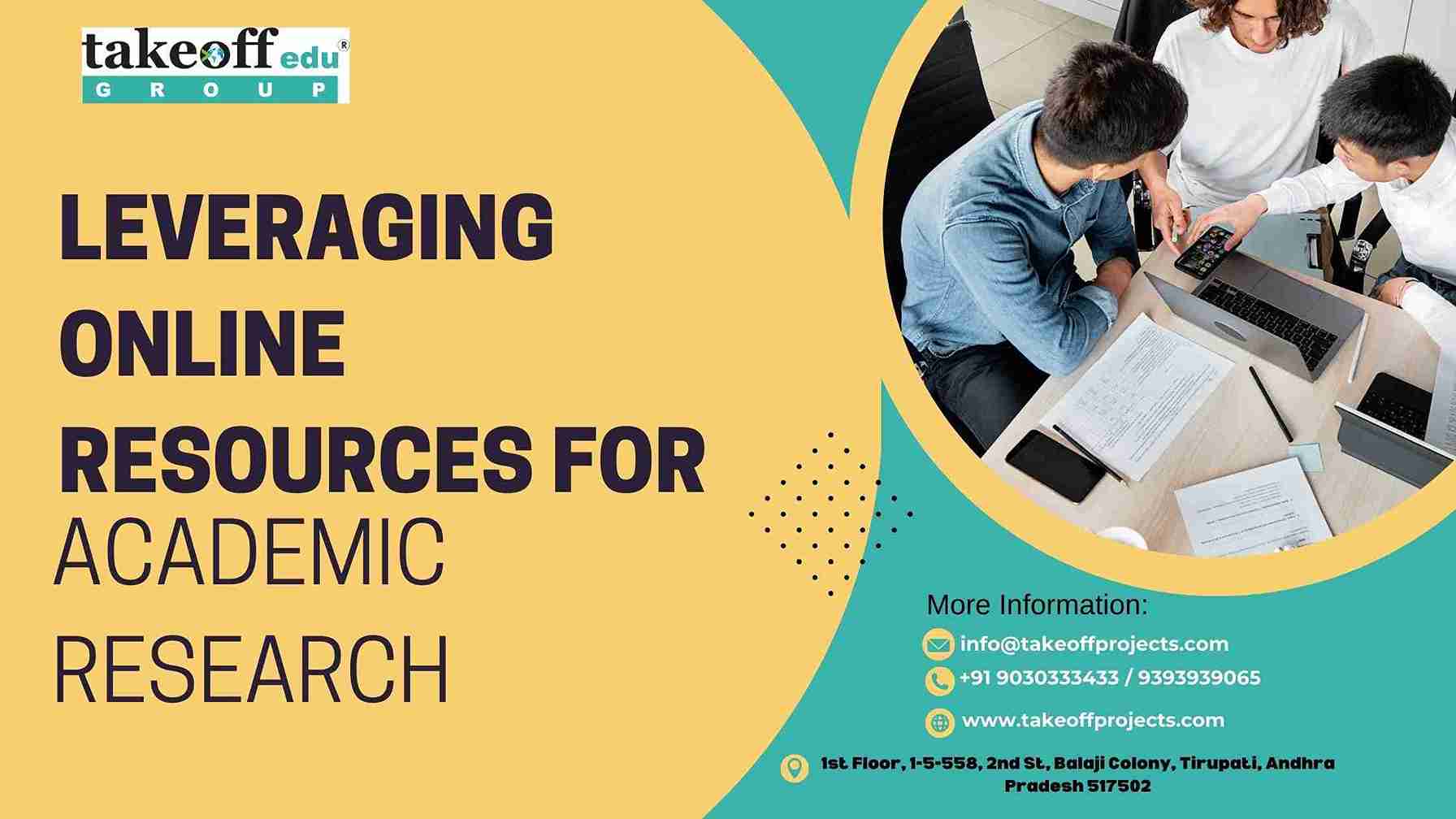 Leveraging Online Resources for Academic Research
Leveraging Online Resources for Academic Research 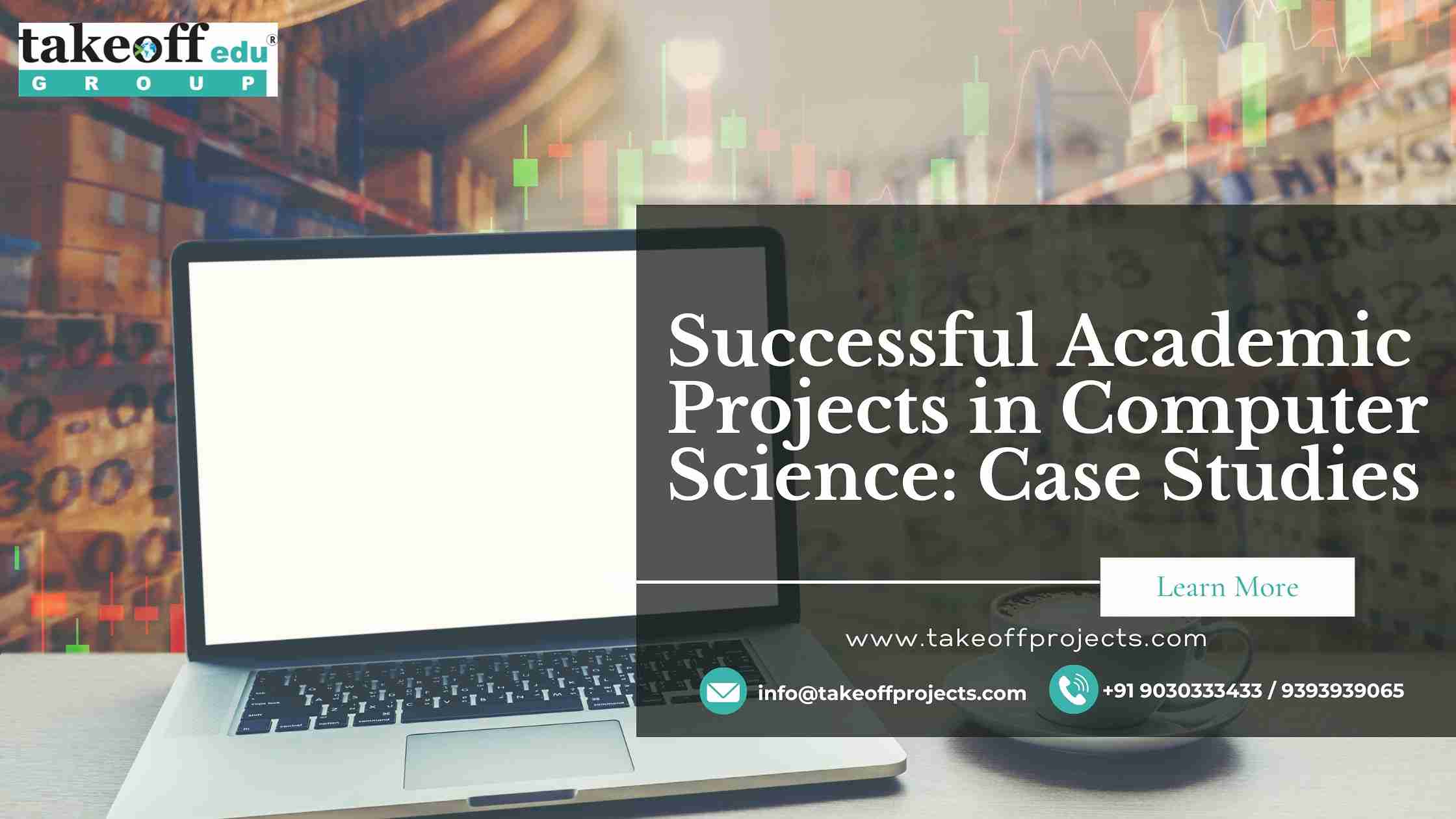 Successful Academic Projects in Computer Science: Case Studies
Successful Academic Projects in Computer Science: Case Studies  How Technology Affects Academic Research?
How Technology Affects Academic Research? 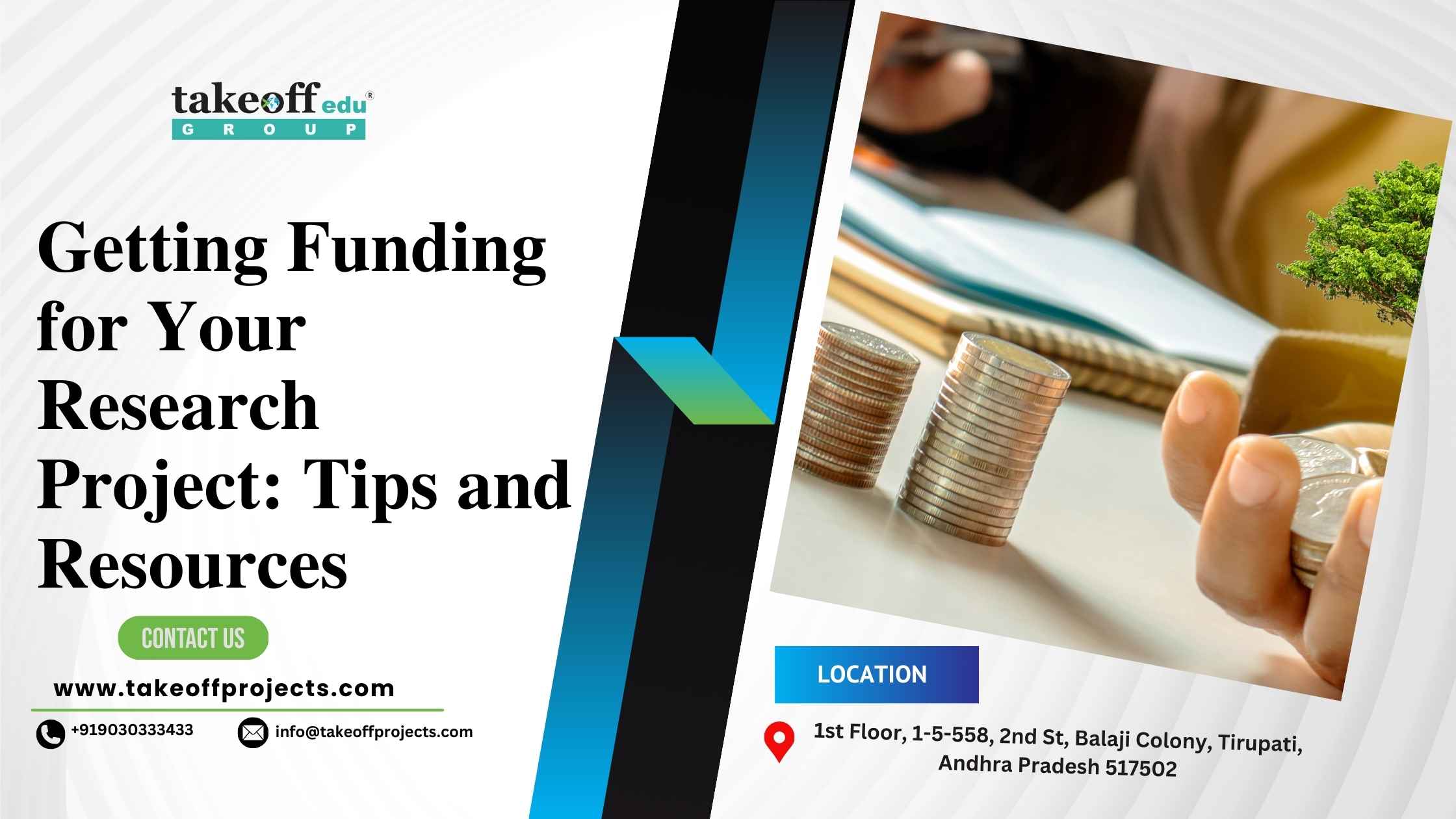 Getting Funding for Your Research Project: Tips and Resources
Getting Funding for Your Research Project: Tips and Resources 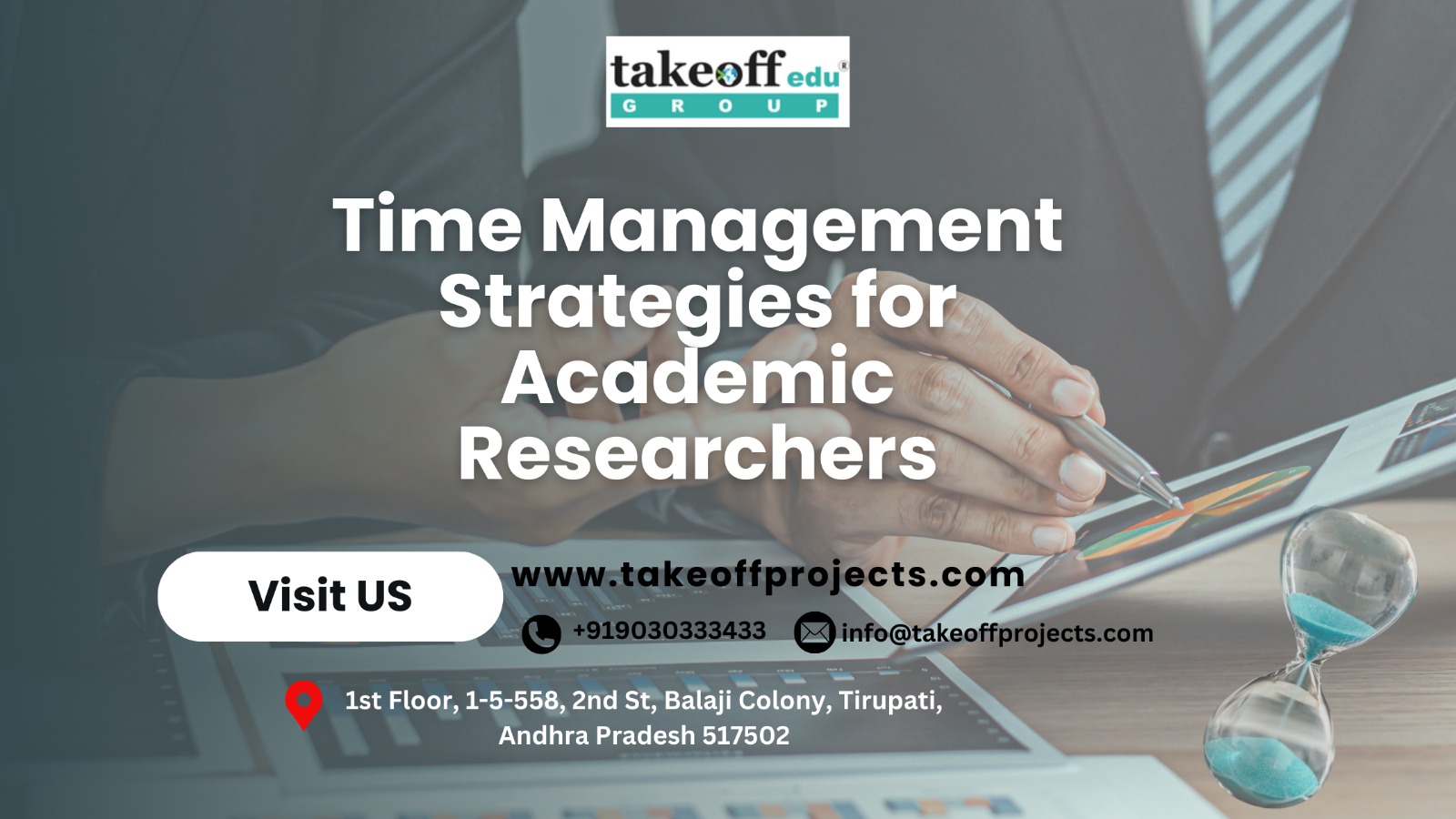 Time Management Strategies for Academic Researchers
Time Management Strategies for Academic Researchers 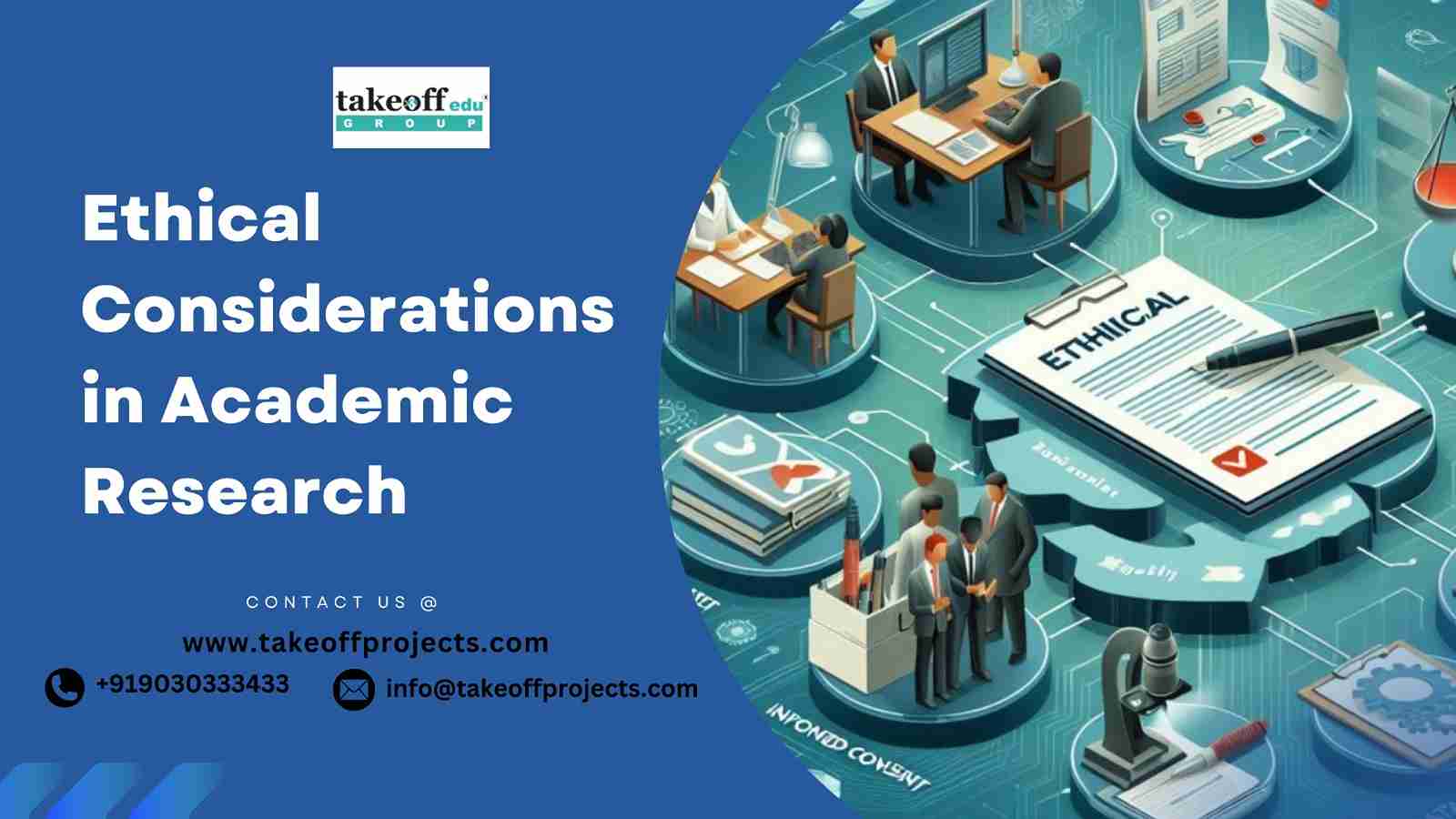 Ethical Considerations in Academic Research
Ethical Considerations in Academic Research  How to Write and Publishing Your Academic Paper?
How to Write and Publishing Your Academic Paper?  Presenting Your Research: Guidelines To Consider When Making An Academic Presentation
Presenting Your Research: Guidelines To Consider When Making An Academic Presentation  Analyzing Research Data: Effective Techniques in Engineering Projects
Analyzing Research Data: Effective Techniques in Engineering Projects 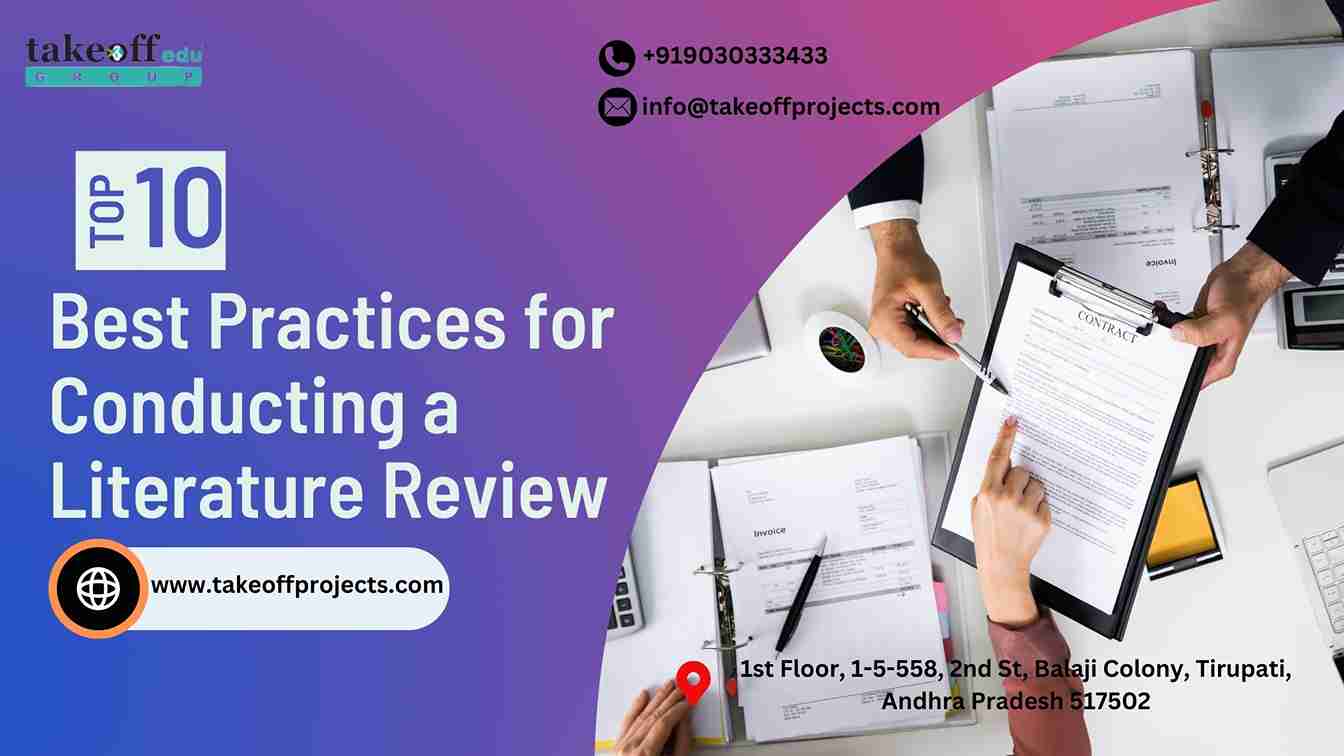 Best Practices for Conducting a Literature Review
Best Practices for Conducting a Literature Review  Writing a Winning Student Research Proposal: A Step-by-Step Guide
Writing a Winning Student Research Proposal: A Step-by-Step Guide 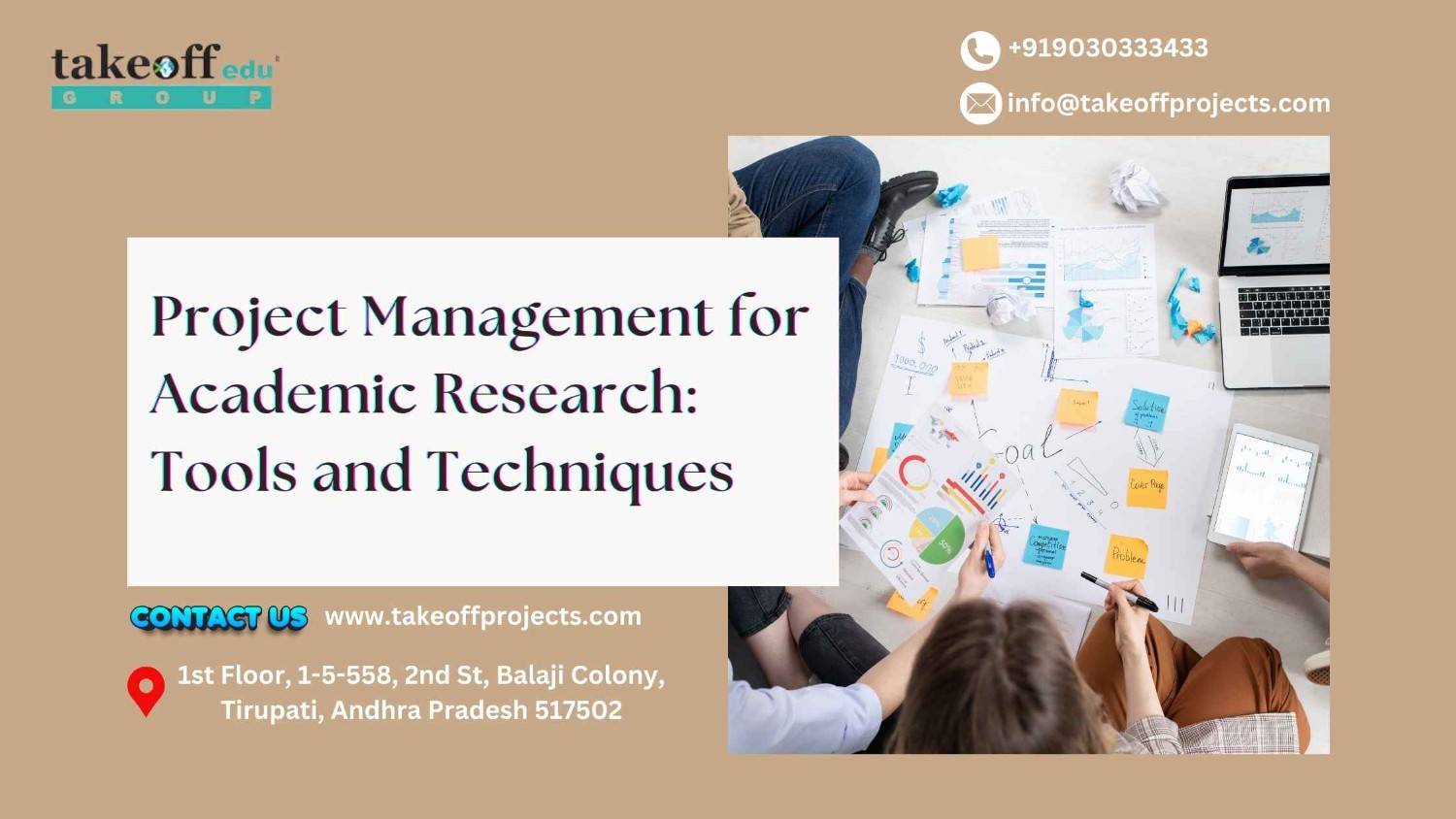 Project Management for Academic Research: Tools and Techniques
Project Management for Academic Research: Tools and Techniques  How to Choose the Perfect Academic Project Topic?
How to Choose the Perfect Academic Project Topic?  Presenting Final Year Project to Your Supervisor
Presenting Final Year Project to Your Supervisor 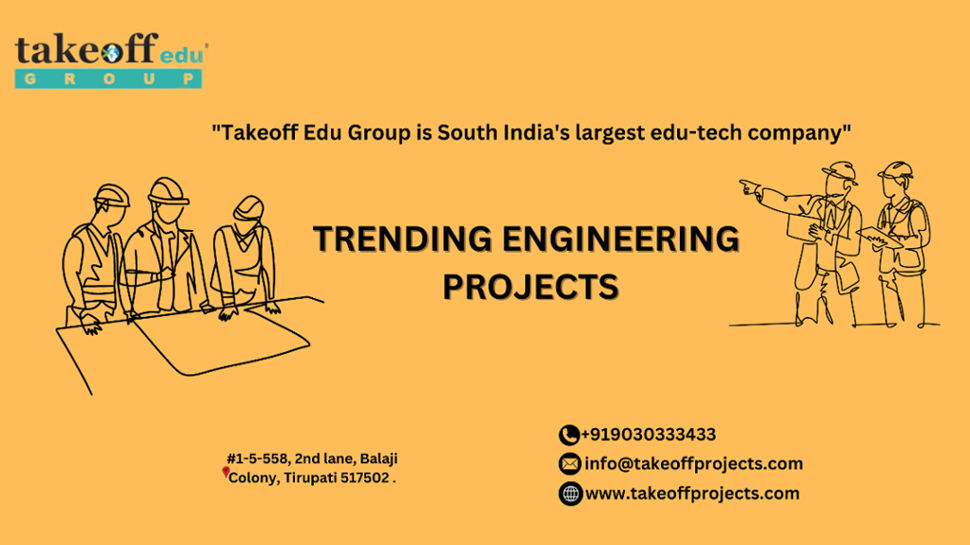 Trending Engineering Projects in 2024 Future-Ready
Trending Engineering Projects in 2024 Future-Ready 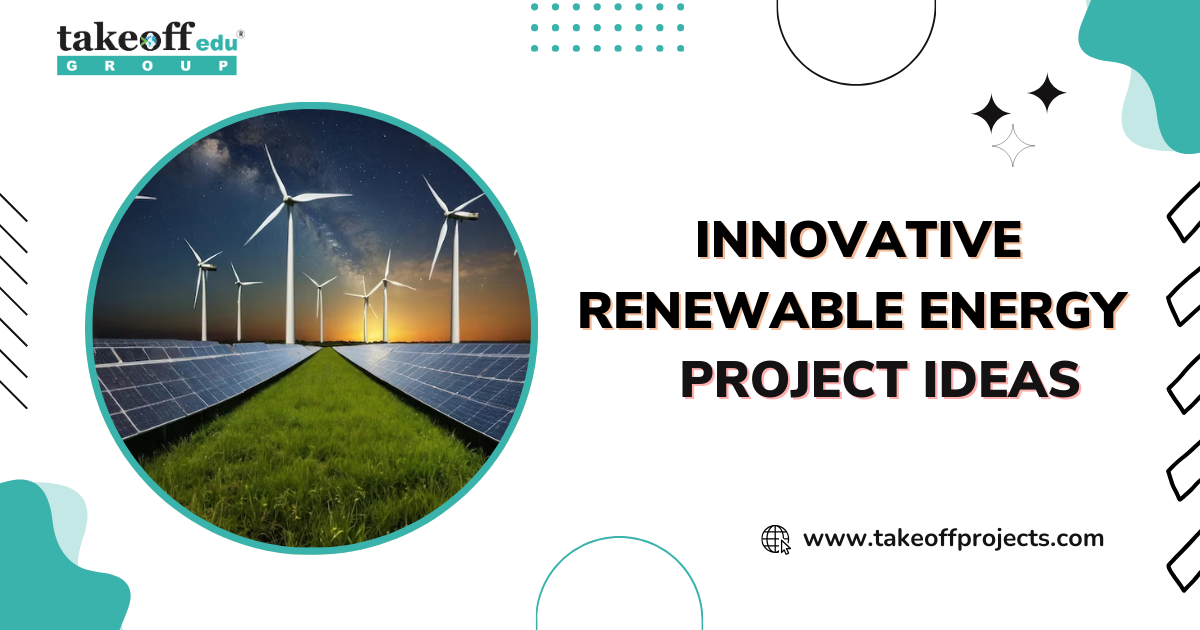 Innovative Renewable Energy Project Ideas
Innovative Renewable Energy Project Ideas  How Engineering Projects Ideas to contribute your academic year?
How Engineering Projects Ideas to contribute your academic year?  Latest Engineering Projects in 2024
Latest Engineering Projects in 2024 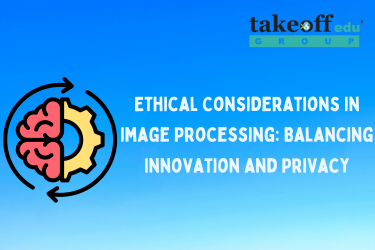 Ethical Considerations in Image Processing: Balancing Innovation and Privacy
Ethical Considerations in Image Processing: Balancing Innovation and Privacy  From Pixels to Insights A Journey into Image Enhancement Algorithms
From Pixels to Insights A Journey into Image Enhancement Algorithms 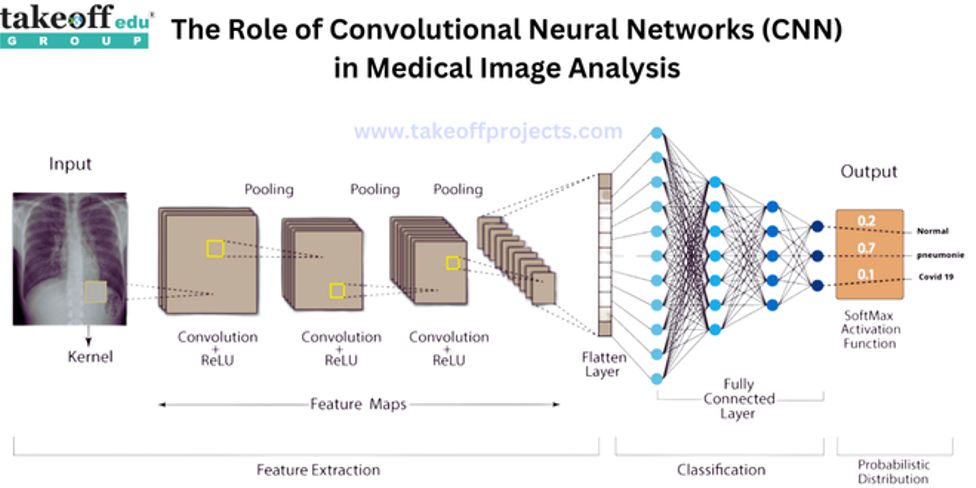 The Role of Convolutional Neural Networks in Medical Image Analysis
The Role of Convolutional Neural Networks in Medical Image Analysis 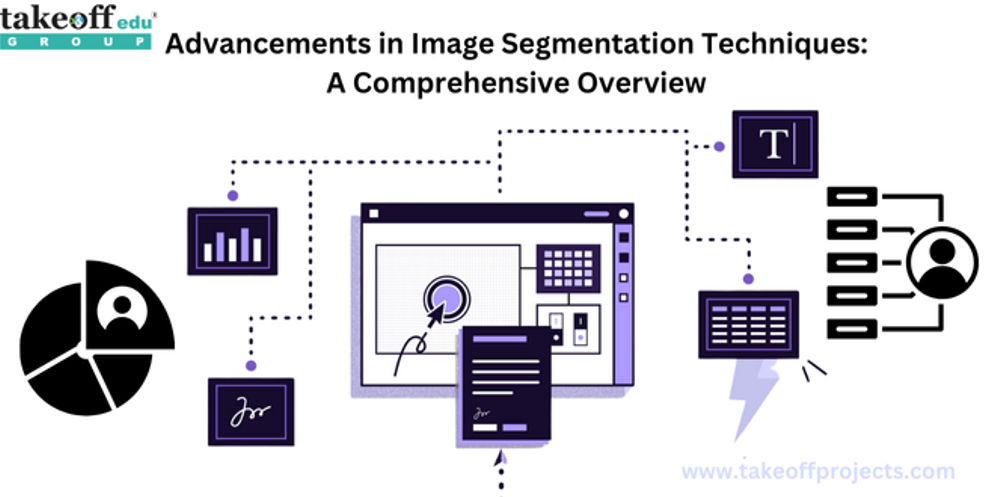 Advancements in Image Segmentation Techniques: A Comprehensive Overview
Advancements in Image Segmentation Techniques: A Comprehensive Overview 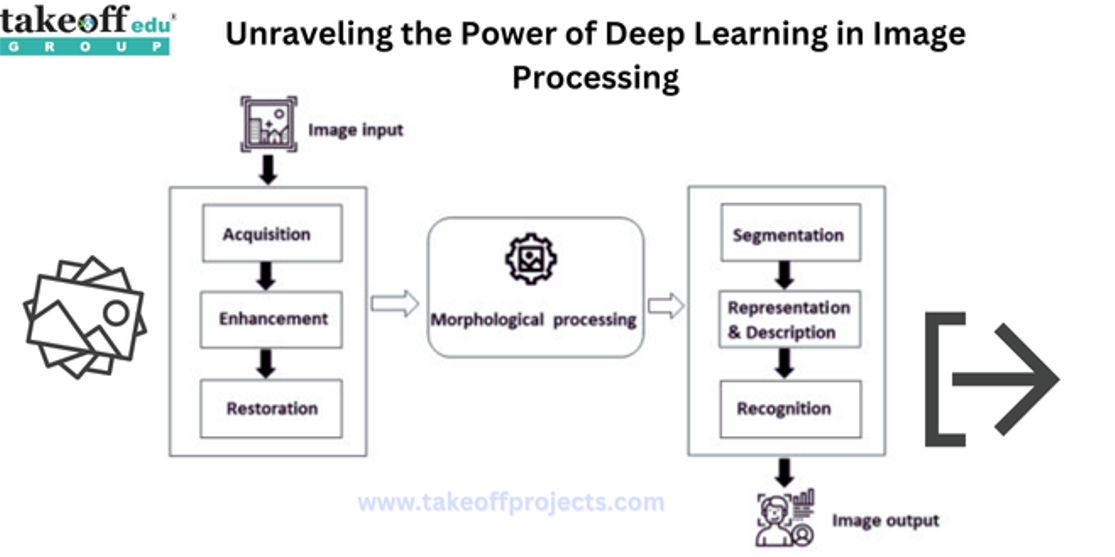 Unraveling the Power of Deep Learning in Image Processing
Unraveling the Power of Deep Learning in Image Processing 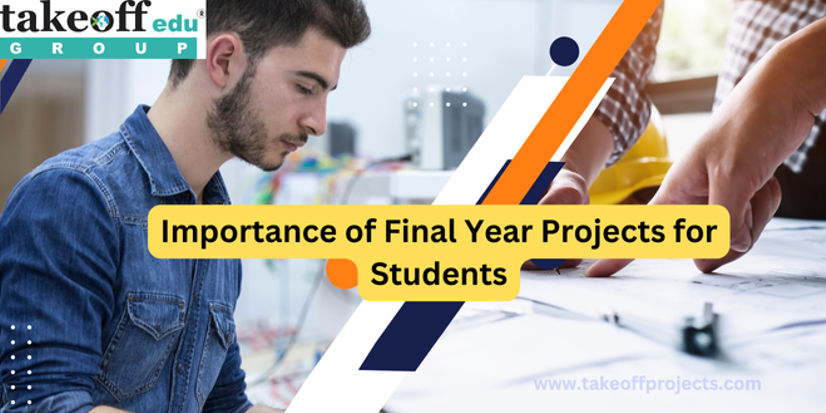 Importance of Final Year Projects for Students
Importance of Final Year Projects for Students  How to Present Your Final Year Project to Your Supervisor?
How to Present Your Final Year Project to Your Supervisor?  How to Choose the Right Final Year Project Topic?
How to Choose the Right Final Year Project Topic?  Common Mistakes to Avoid on Your Final Year Project
Common Mistakes to Avoid on Your Final Year Project 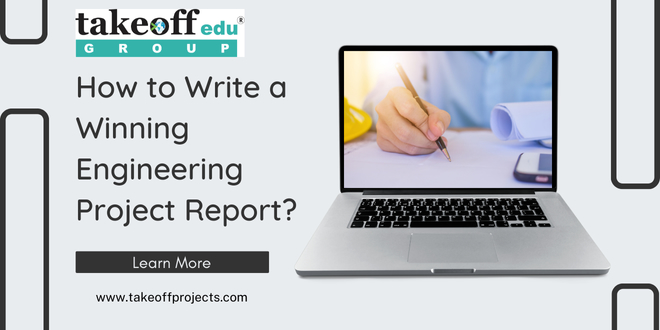 How to Write a Winning Engineering Project Report?
How to Write a Winning Engineering Project Report? 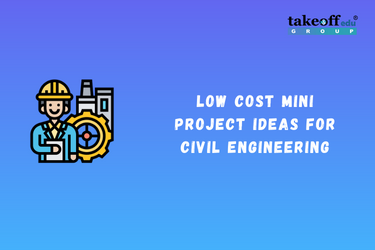 Low Cost Mini Projects Ideas for Civil Engineering
Low Cost Mini Projects Ideas for Civil Engineering  Low Cost Mini Project Ideas for Mechanical Engineering
Low Cost Mini Project Ideas for Mechanical Engineering 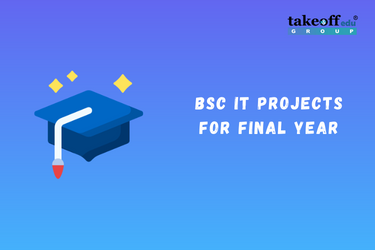 BSc IT Projects for Final Year
BSc IT Projects for Final Year 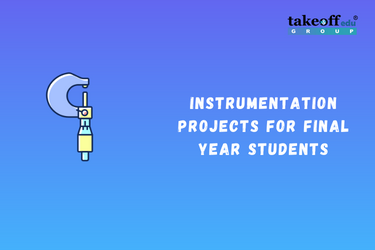 Instrumentation Projects for Final Year Students
Instrumentation Projects for Final Year Students  Biomedical Instrumentation Projects
Biomedical Instrumentation Projects 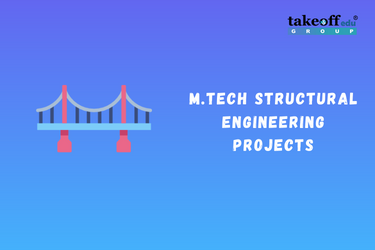 M.Tech Structural Engineering Projects
M.Tech Structural Engineering Projects 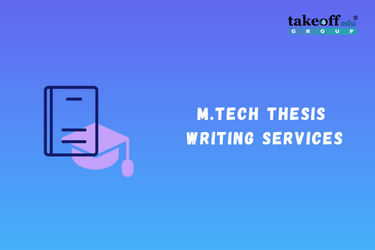 M.Tech Thesis Writing Services
M.Tech Thesis Writing Services 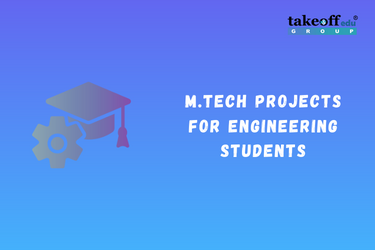 M.Tech Projects for Electrical, Electronics & Software Engineering
M.Tech Projects for Electrical, Electronics & Software Engineering 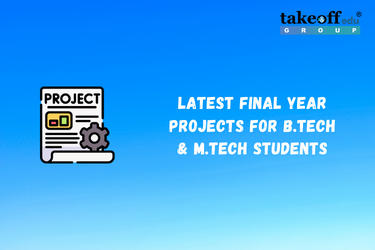 Latest Final Year Projects for B.Tech & M.Tech Students
Latest Final Year Projects for B.Tech & M.Tech Students 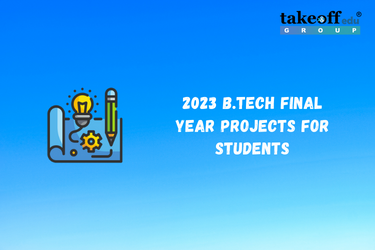 2023 B.Tech Final Year Projects for Students
2023 B.Tech Final Year Projects for Students 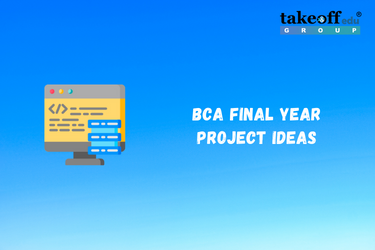 Latest BCA Final Year Project Ideas for 2023
Latest BCA Final Year Project Ideas for 2023 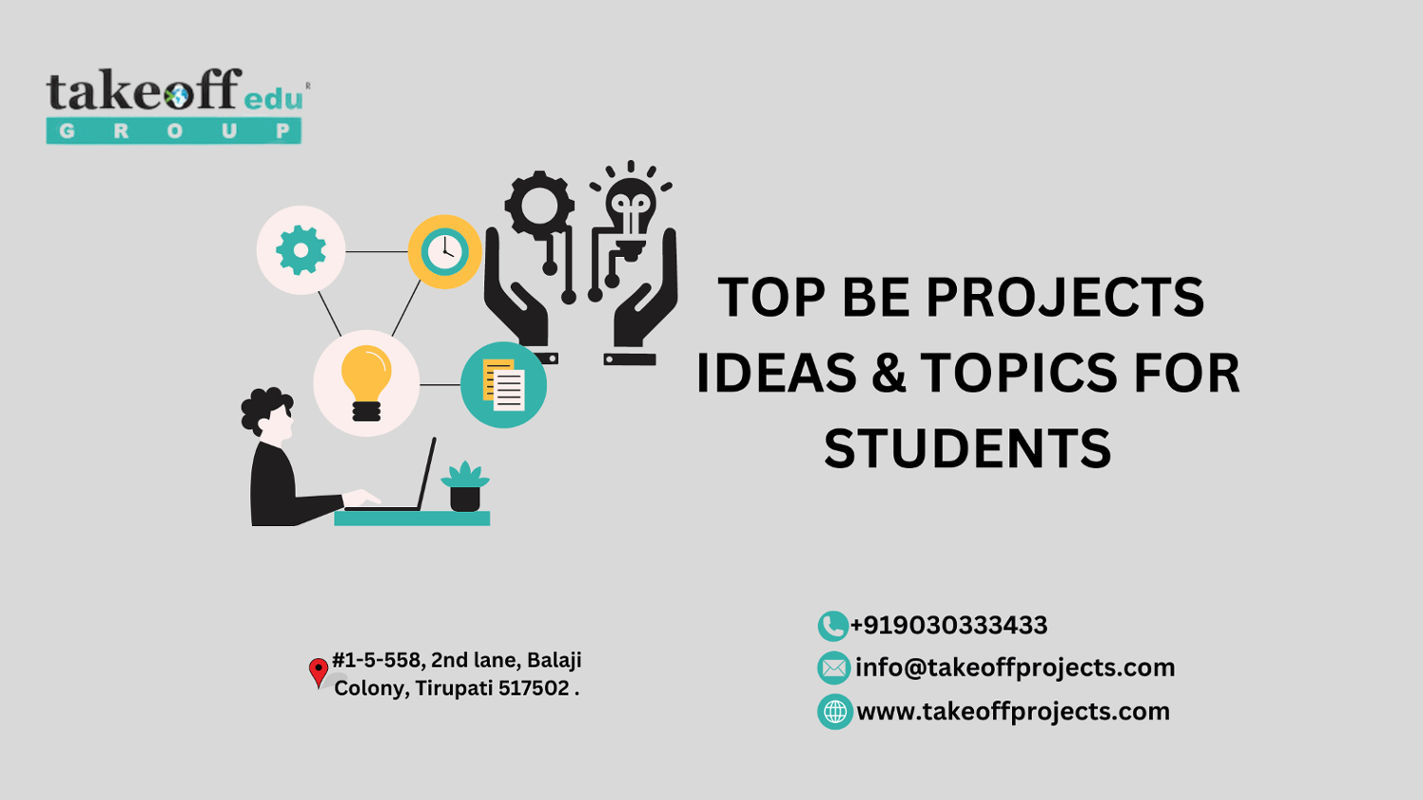 Top BE Projects Ideas & Topics for Students
Top BE Projects Ideas & Topics for Students 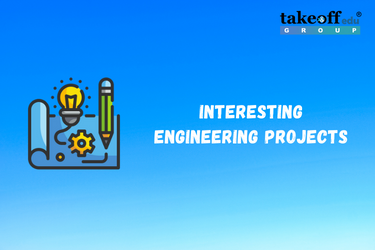 14+ Interesting Engineering Projects
14+ Interesting Engineering Projects 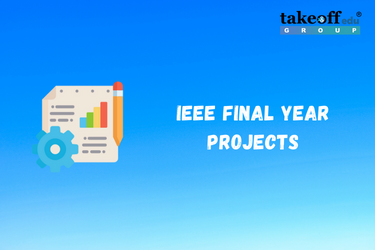 IEEE Final Year Projects
IEEE Final Year Projects 
 Paper Publishing
Paper Publishing


